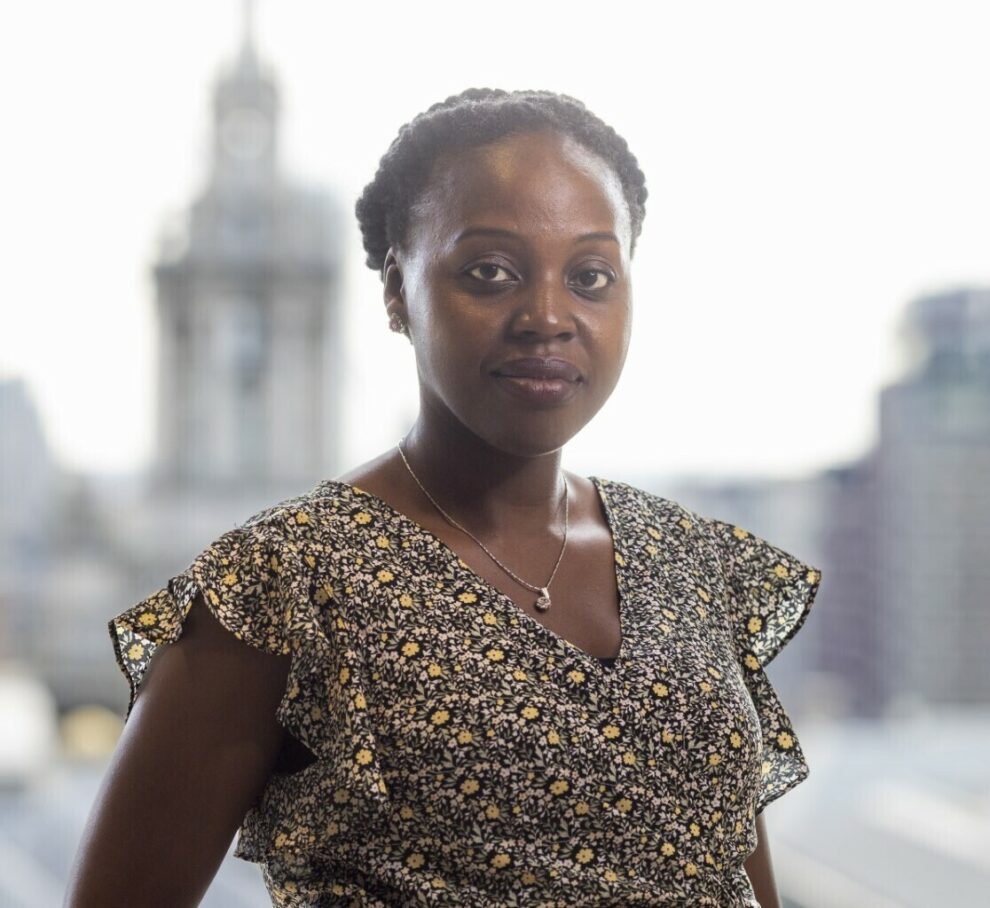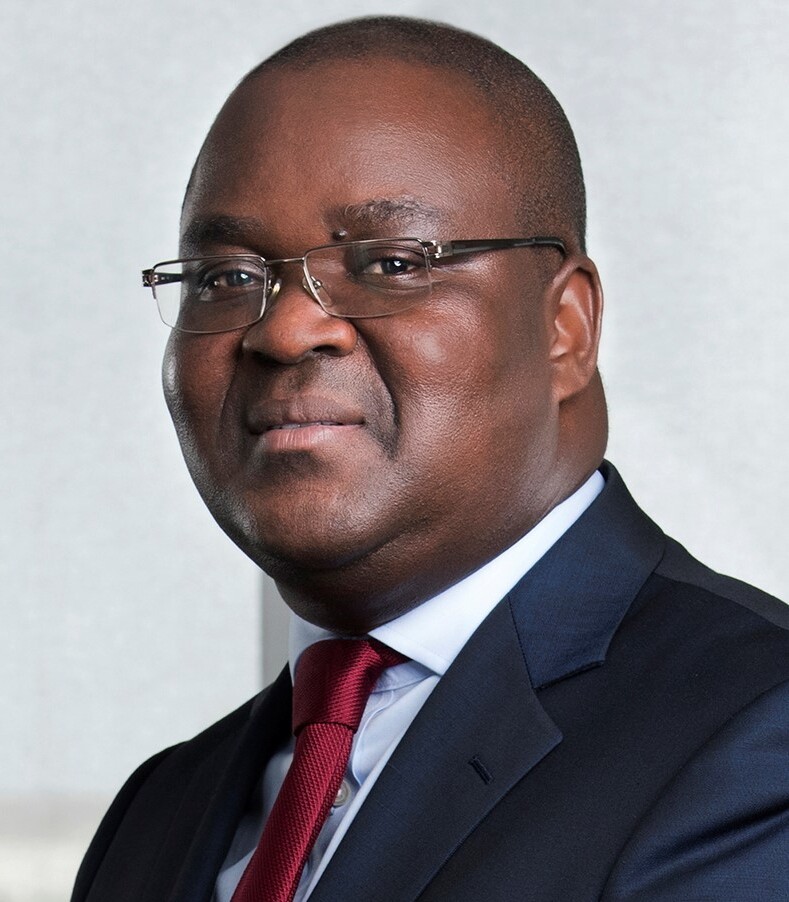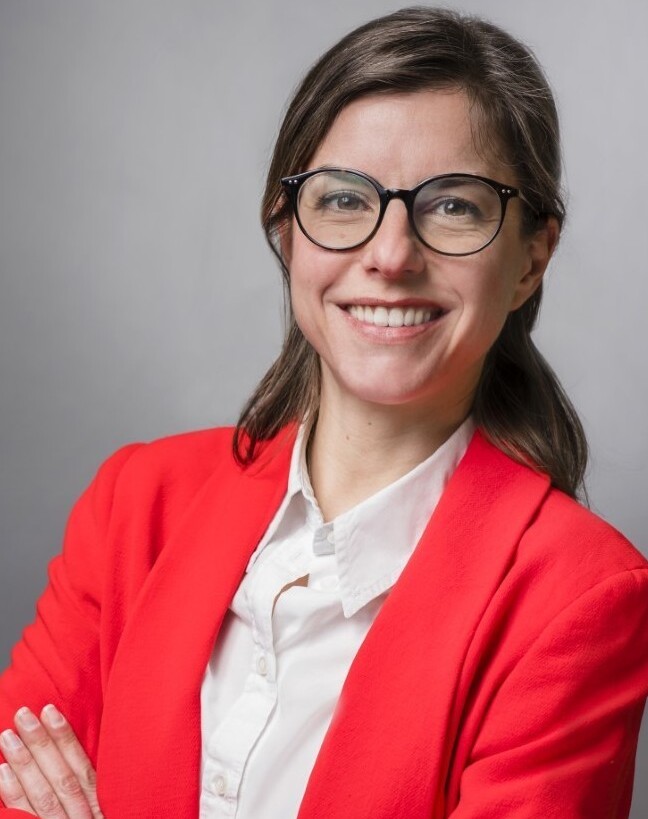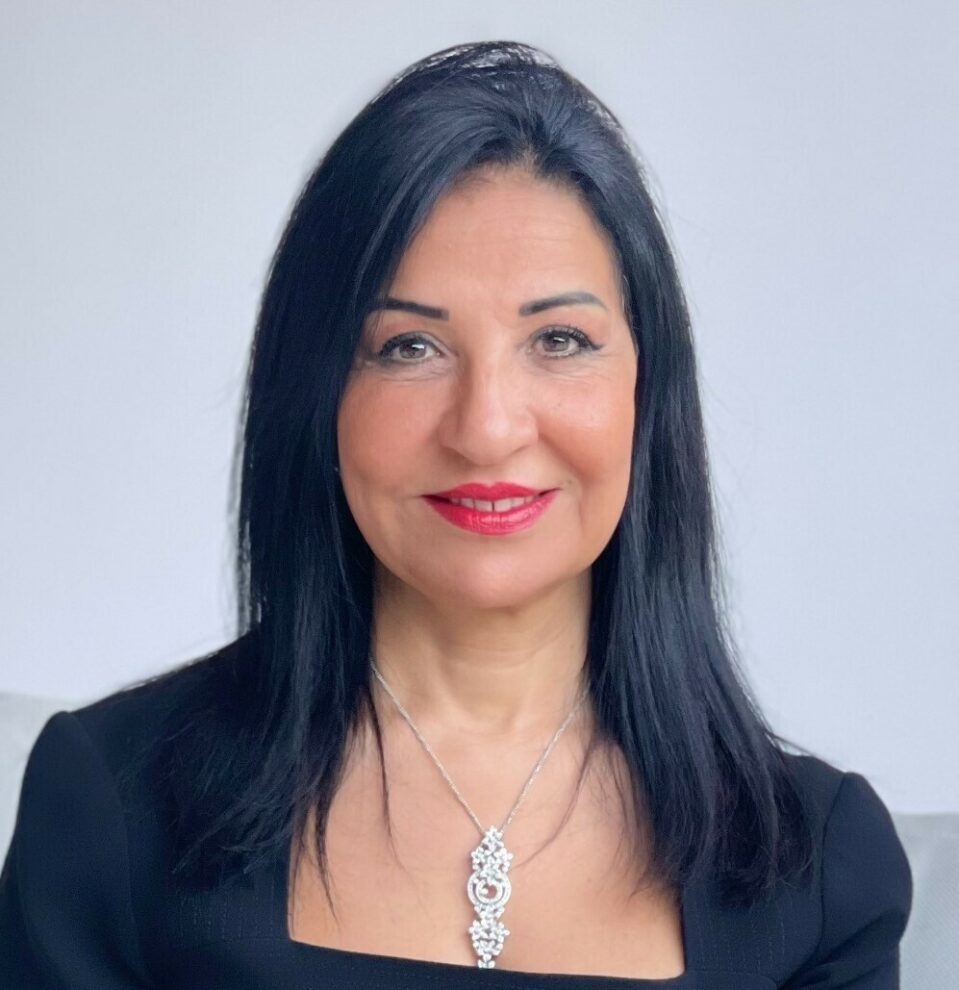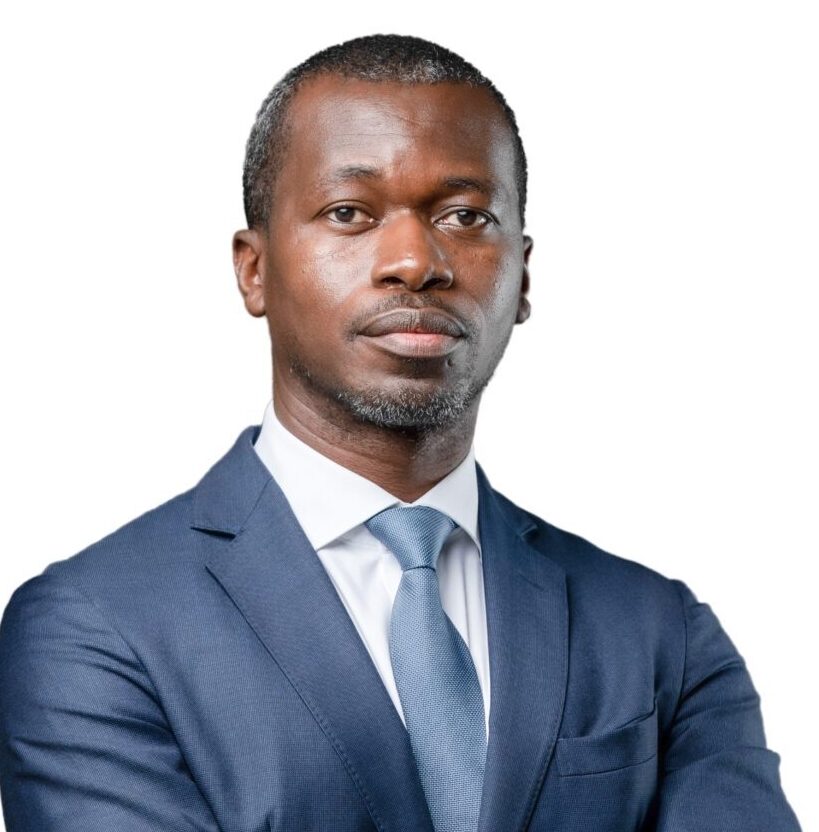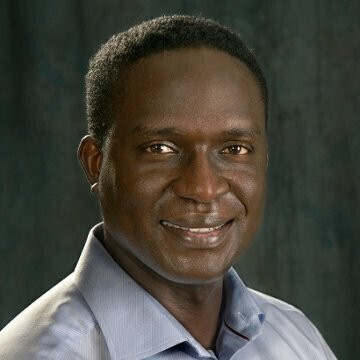Program
-
(GMT)Opening Ceremony

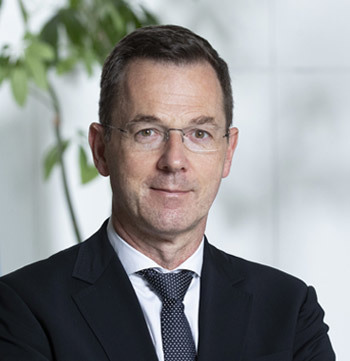
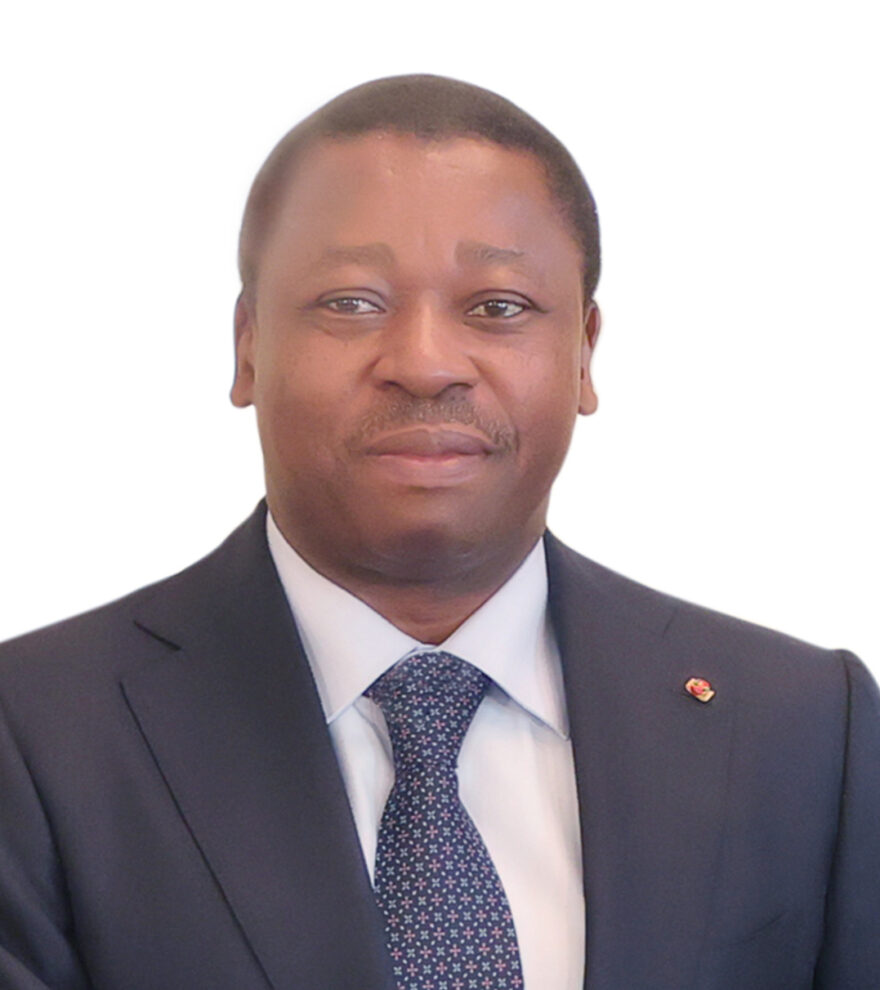
-
(GMT)OPENING PANEL | Building a world-class African financial industry: A $1.5 trillion opportunity
Africa’s largest financial institutions have so far weathered global monetary tightening and crippling inflation and now have an historic opportunity to expand their regional influence. But to capitalise on the departures of major international players, the continent’s banks, insurers and capital markets must overcome a rising interest burden on African public debt, a looming climate emergency, an international funding squeeze, and regulatory variations across African markets. How can governments and continental champions unlock what could be a $1.5 trillion opportunity to expand banking, insurance and capital markets penetration?
Key points
-
International banking exits: How can African financial institutions seize opportunities, maintain global links and inspire international confidence?
-
Pan-African regulations: How far can financial regulatory harmony go in the AfCFTA age?
-
Towards food security and a climate transition: Attracting long-term capital from within and abroad
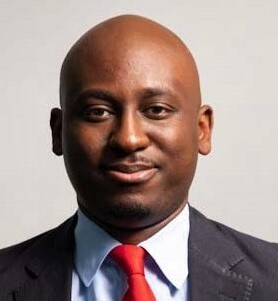
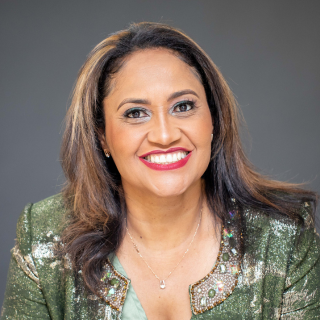

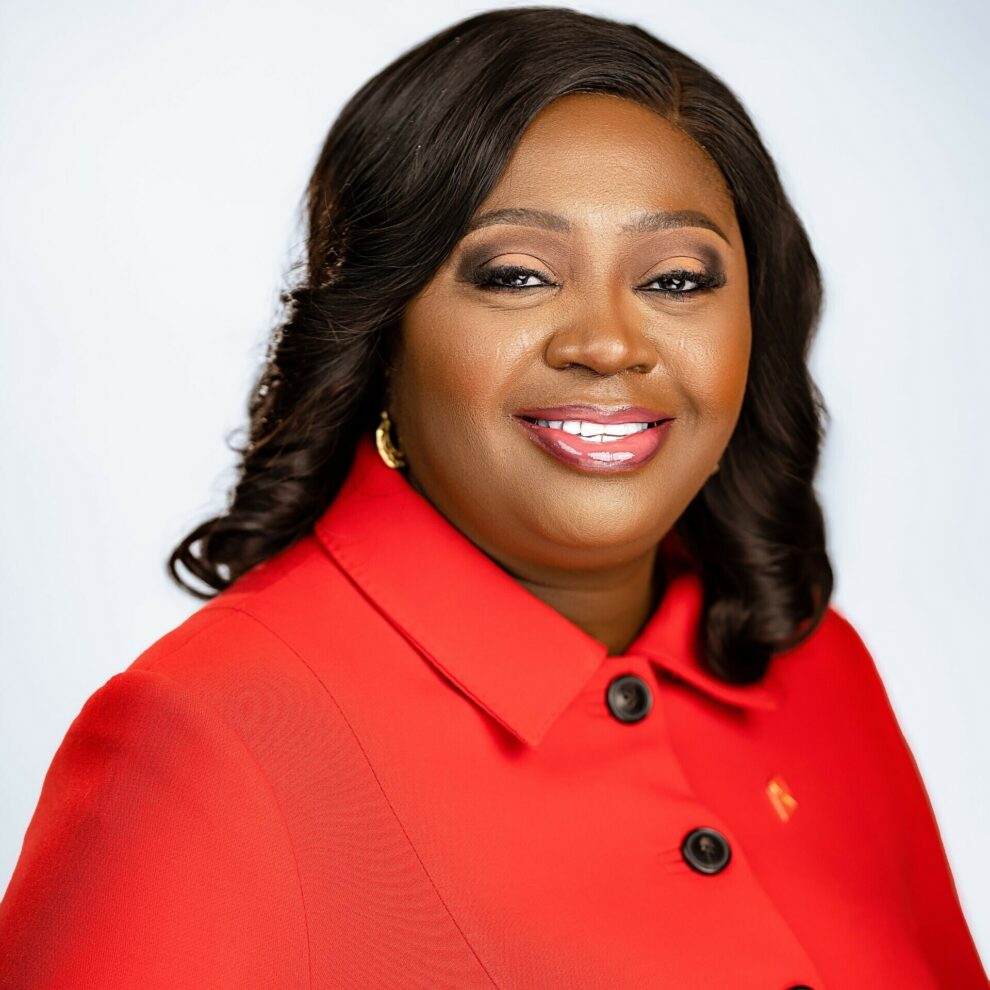
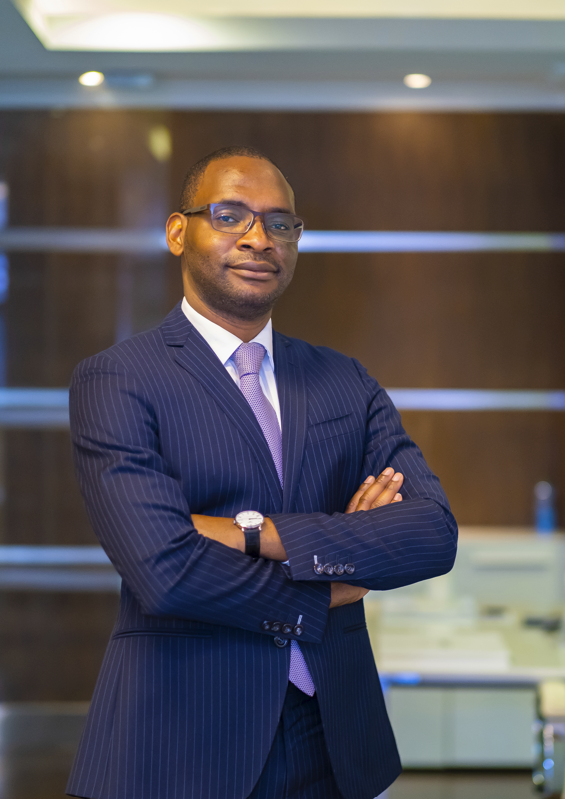
-
-
(GMT)CONVERSATION WITH | Jeremy AWORI, Group CEO, Ecobank & Serge Ekué, President, BOAD
Jeremy Awori’s Ecobank Group and Serge Ekué’s West African Development Bank (BOAD), pivotal drivers of the pan-African economy, have continued to see substantial net-profit growth even amidst international banking withdrawals, a global funding slowdown and currency volatility. As Ecobank bids to become the go-to payments bank and BOAD increases its finance capacity to support the West African Economic and Monetary Union’s public and private sector (Djoliba Strategic Plan 2021-2025), the pair discuss how to tackle persistent macroeconomic instability and a global funding squeeze.

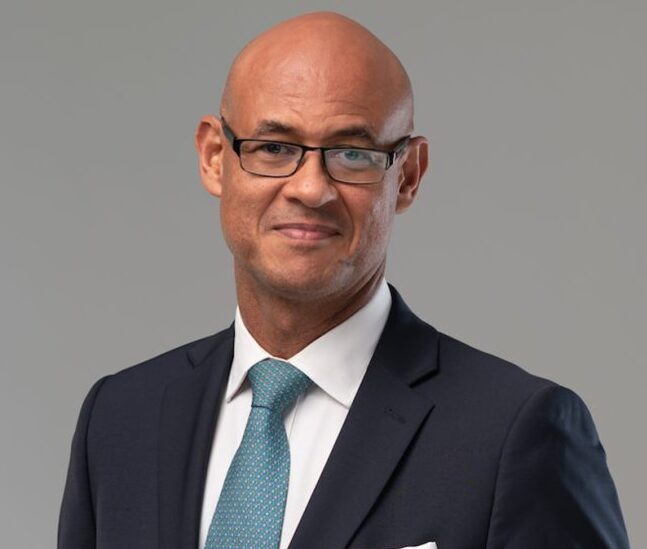
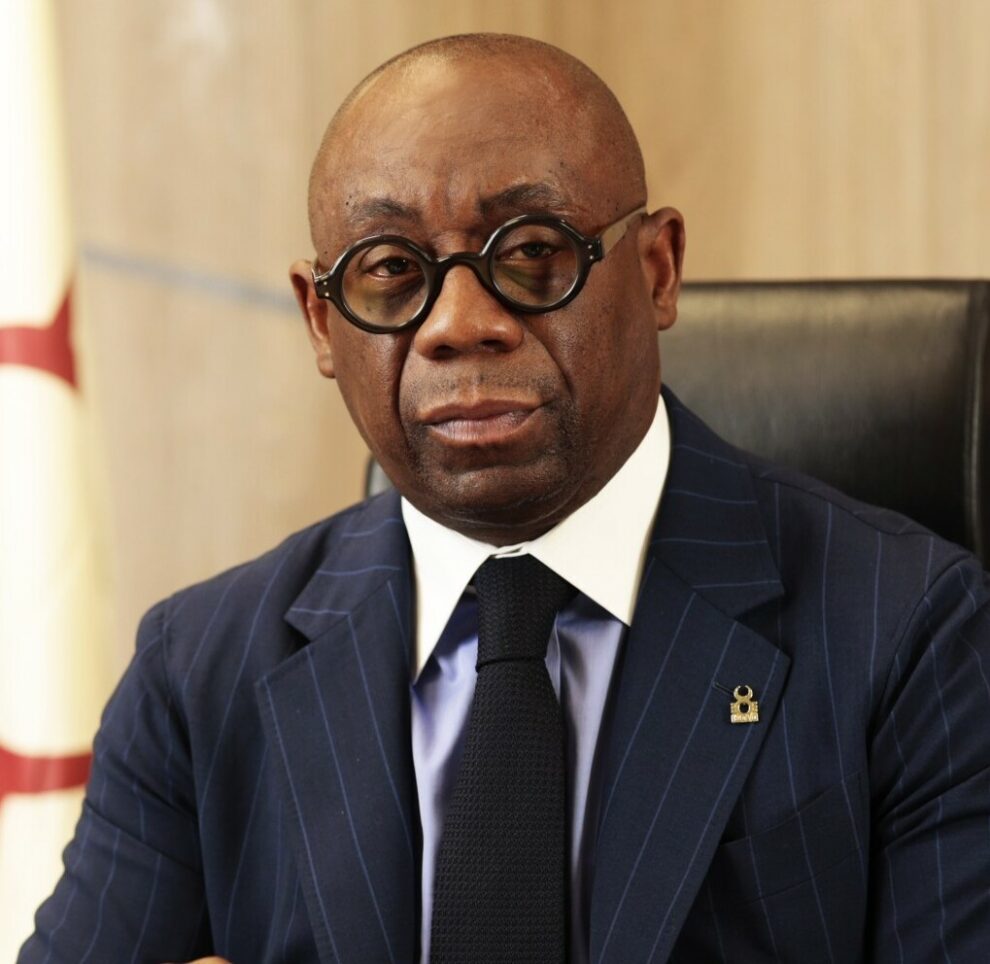
-
(GMT)STATE OF THE INDUSTRY | Africa Financial Industry Barometer 2023
Deloitte and the Africa Financial Industry Summit – AFIS unveil insights from the 3rd African Financial Industry Barometer. From industry perception on the African Continental Free Trade Area’s (AfCFTA) progress and the introduction of Central Bank Digital Currencies (CBDCs) to targets on women in the boardroom, the annual survey provides a comprehensive analysis of banks, insurers, fintechs and capital market players’ business models, governance, and attitudes to regulation across the continent.
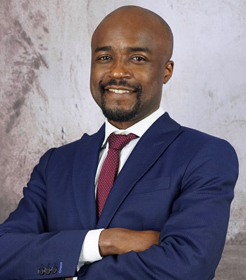

-
(GMT)Conversation With : H.E. Wale EDUN, Minister of Finance and Coordinating Minister of the Economy, Federal Republic of Nigeria

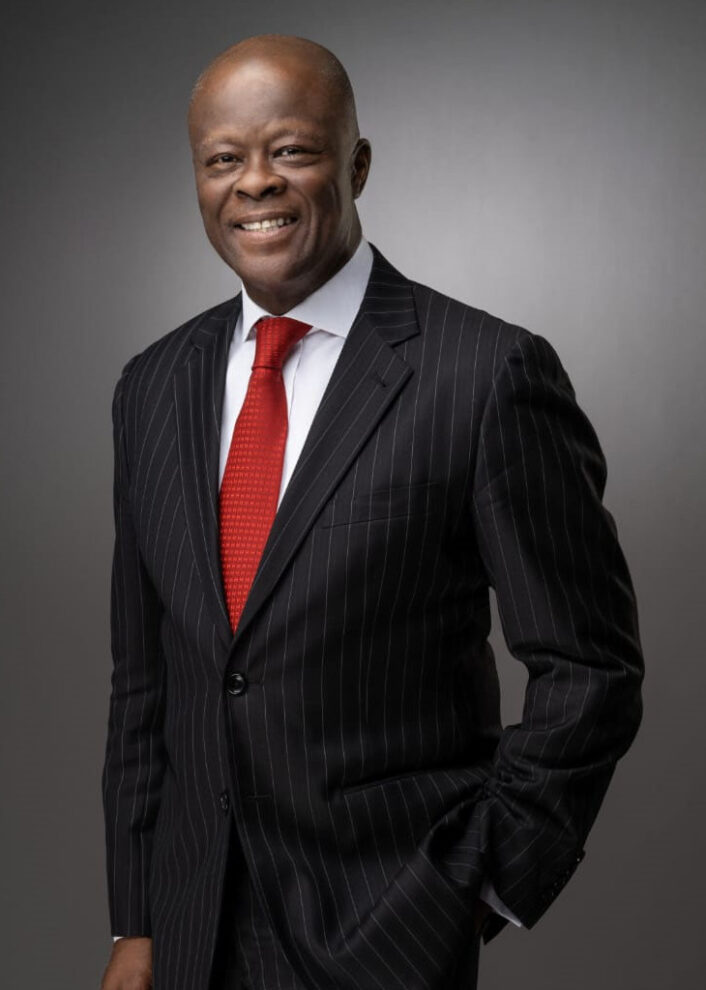
-
(GMT)STRATEGIC ROUNDTABLE | The business case for a green taxonomy for AfricaRoom DIRHAM #2 Roundtable
Access via sign-up on the event app or by invitation only
Launched in April 2022, the South African Green Finance Taxonomy is the first and only national African taxonomy. During last year’s AFIS our participants suggested that more such taxonomies adapted to African contexts were necessary. But with dozens of global taxonomies already in existence, should African nations develop their own national standards if they risk not being recognised by foreign sustainable finance providers? Uptake by South African companies is almost inexistent raising a second challenge: why should African companies bother aligning? A roundtable of DFIs and commercial entities discuss designing a harmonised taxonomy that could entice the private sector.
Discussion points:
-
International, national or Africa-wide taxonomy: Which approach would benefit African development and be accepted by DFIs and other sustainable financiers?
-
Making taxonomies count: How can DFIs ensure that taxonomy alignment is enticing to African businesses?
-
Simplification, contextualisation, accessibility: What lessons can be learned from the lack of uptake in South Africa’s green finance pool?
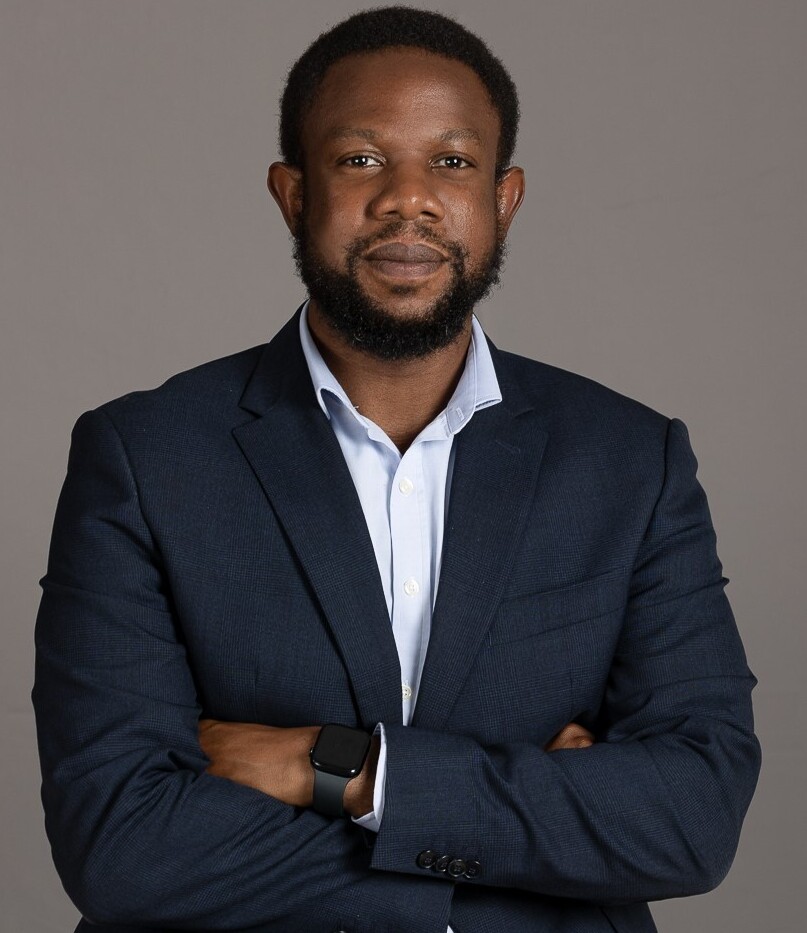
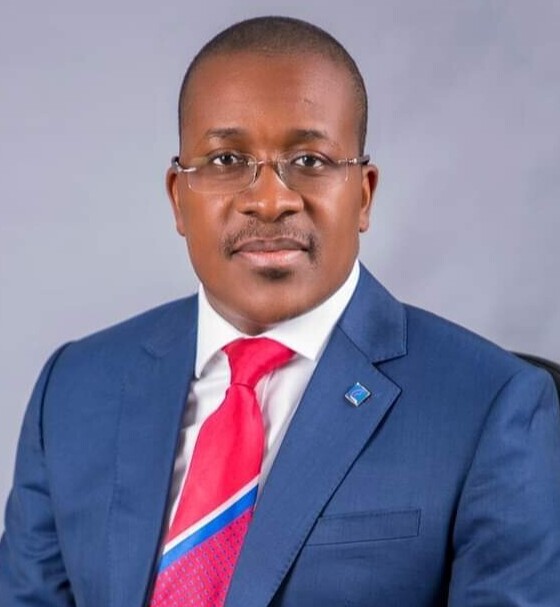
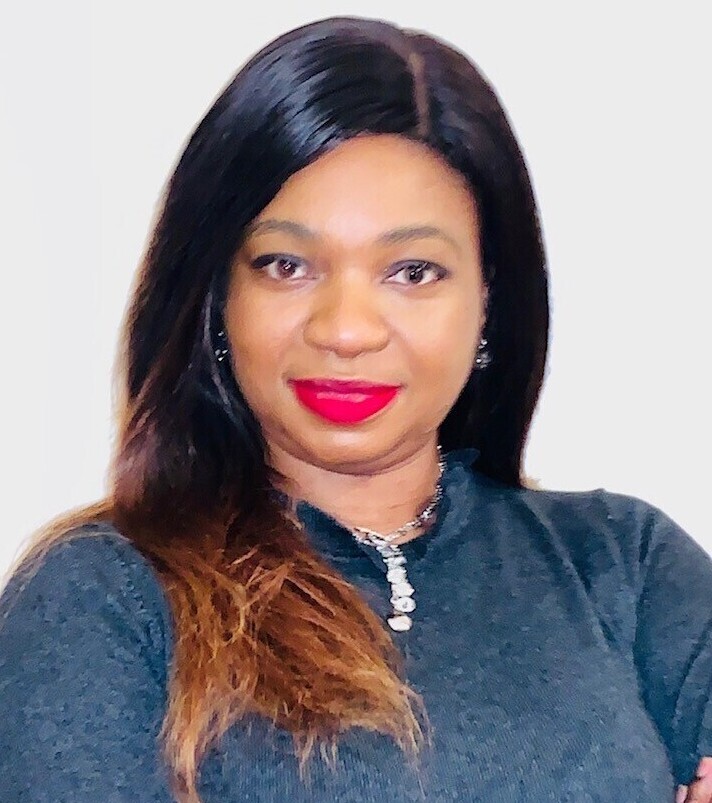
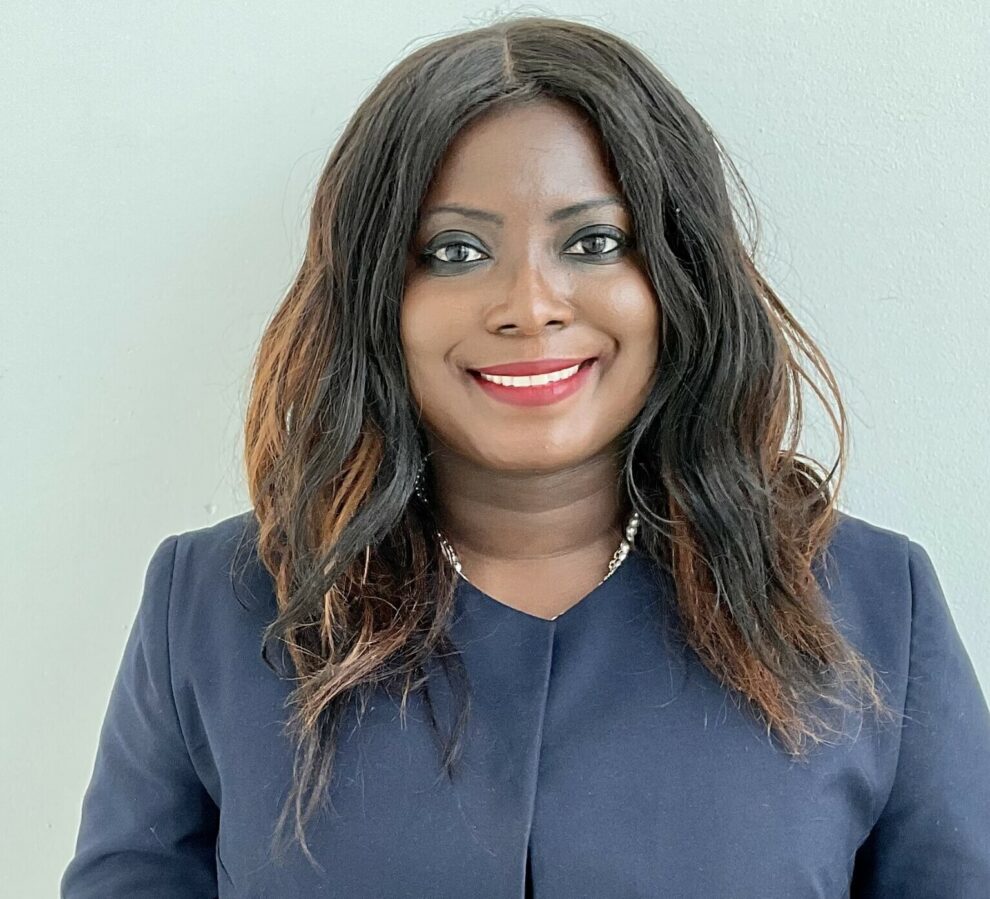
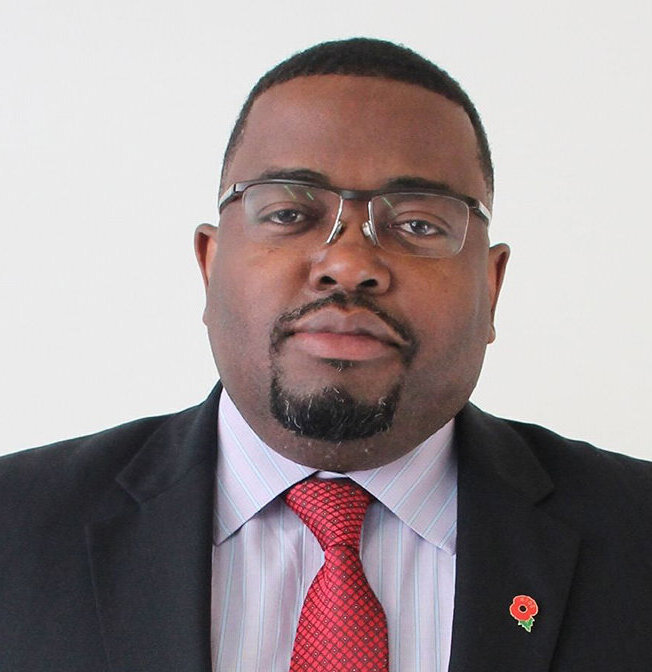
-
-
(GMT)STRATEGIC ROUNDTABLE | Mobile money: Braving the cost storm and seizing opportunitiesRoom NAIRA
Access via sign-up on the event app or by invitation only
Rising operating costs, competition from fintechs and direct taxes (e-levies) on services are putting pressure on business strategies for a growing number of mobile money operators at a time when consumer purchasing power limits their room for manoeuvre. Orange and Moov have already been forced to abandon price hikes in Côte d’Ivoire earlier this year after a customer backlash. More than 10 African countries are meanwhile considering introducing e-levies. In a closed-doors roundtable, finance ministers, mobile money operators, fintechs and cybersecurity specialists discuss how to refine business models and expand services in the face of taxation and a cost-of-living crisis.
Discussion points
- VAT, excise duty, direct taxes: How to broaden the tax base without stifling financial inclusion
- Transaction fees and agent remuneration: How should mobile money operators’ business strategies evolve?
- Commission fraud, phishing, hacking, SIM swapping: What solutions can curb resurgent scams?
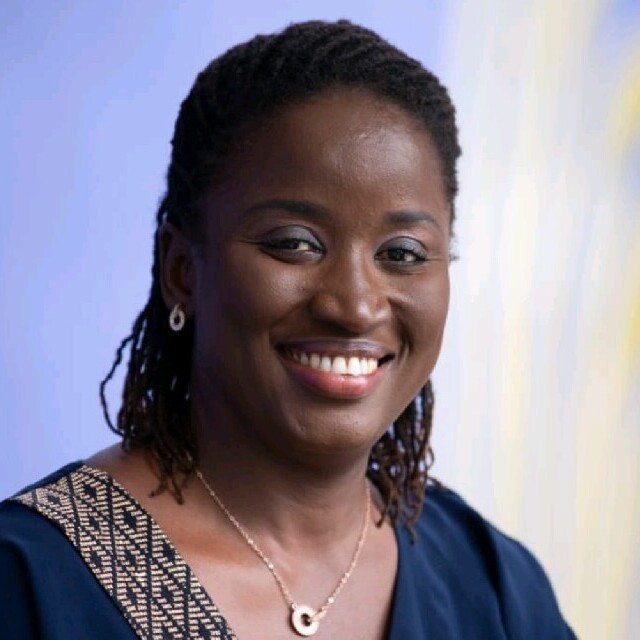

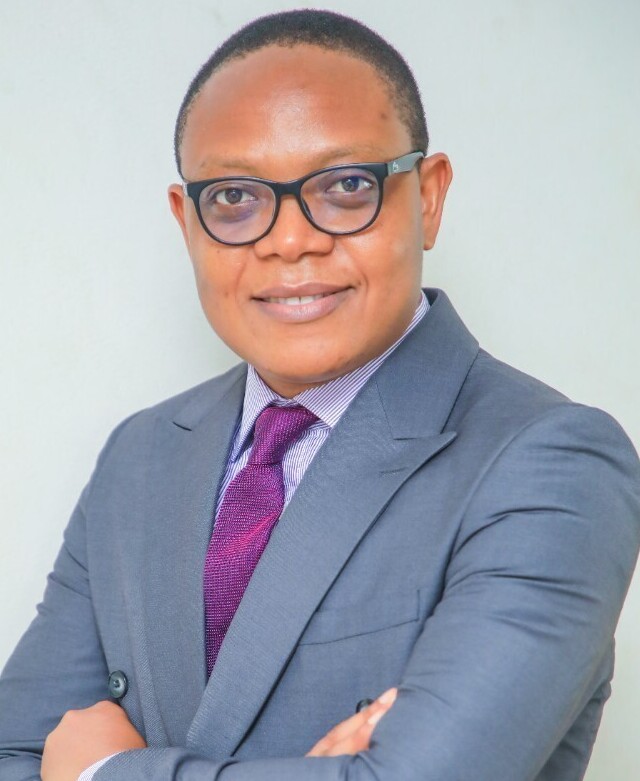
-
(GMT)PANEL | From sovereign bonds to infrastructure finance: Overcoming the Africa risk premium
Sub-Saharan African governments pay up to 2.1% more to borrow from international financial markets compared to other countries while private sector projects and assets financed with international capital also routinely incur an ‘Africa risk premium’. African government and corporate borrowing have significantly increased over the last 15 years, accompanied by rising interest rates, which affects sovereign debt sustainability and economic growth. Global disruptions and perceived risks of Africa have led to what recent studies suggest is an overestimated premium on the cost of capital. How can African governments and the private sector ensure lender risk assessments are proportionate to the price of capital?
Key points:
- Are rating agencies overestimating Africa’s risk or is the premium justified?
- Improved disclosure: How can access to more accurate and more comprehensive data lower the Africa risk premium
- African institutional lenders: A path to ease the risk premium?
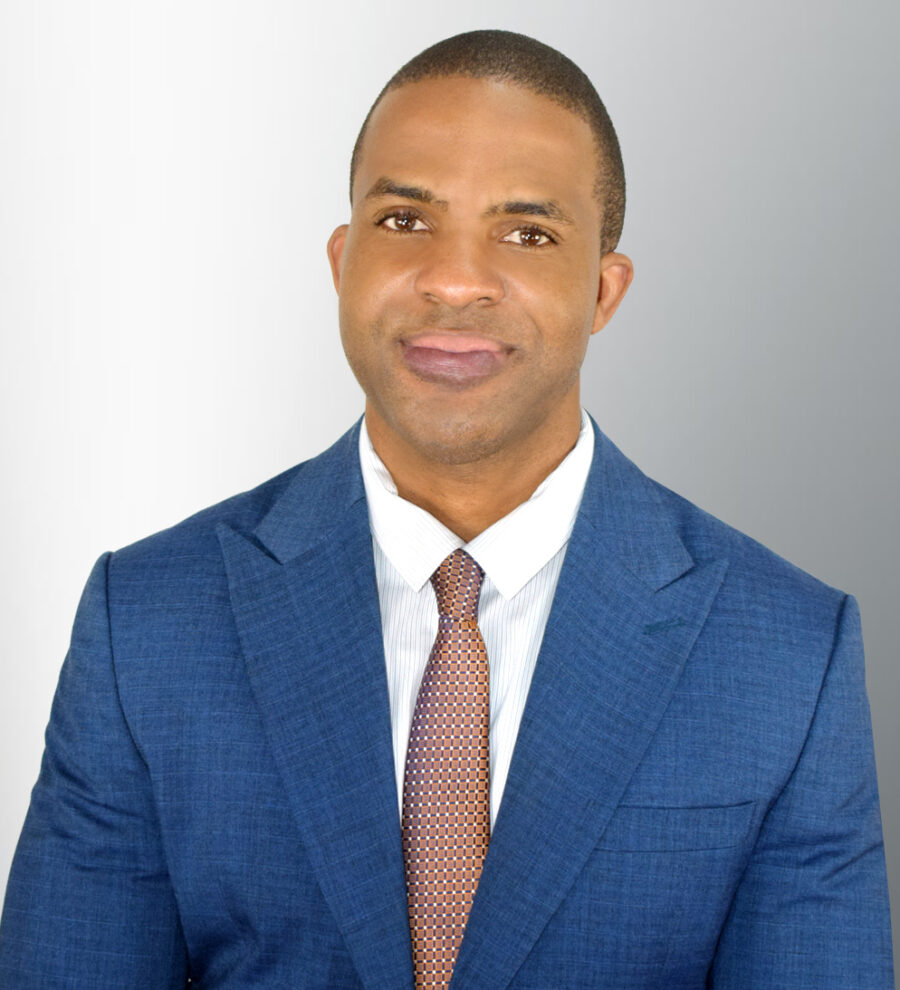
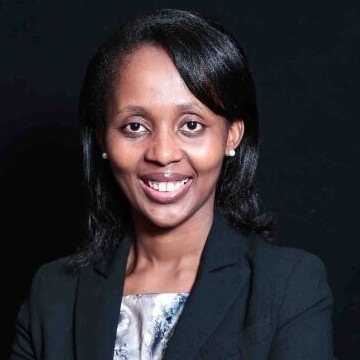
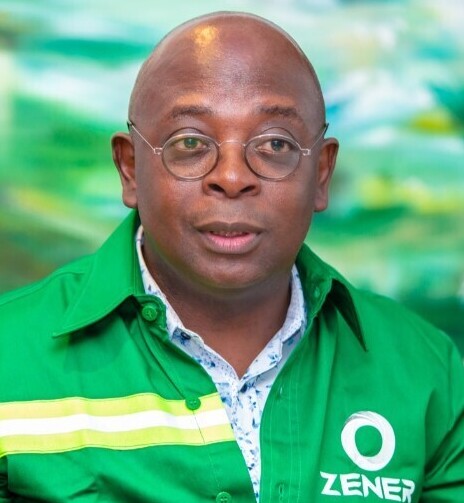
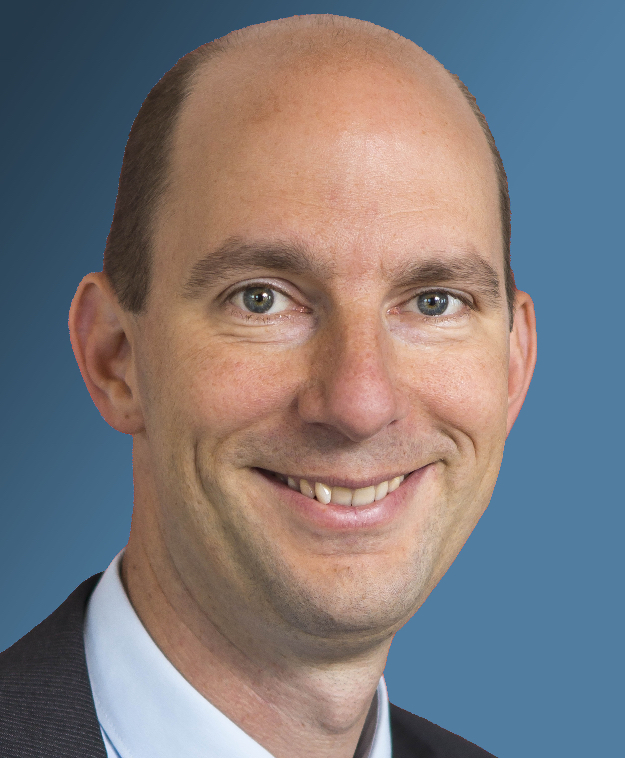
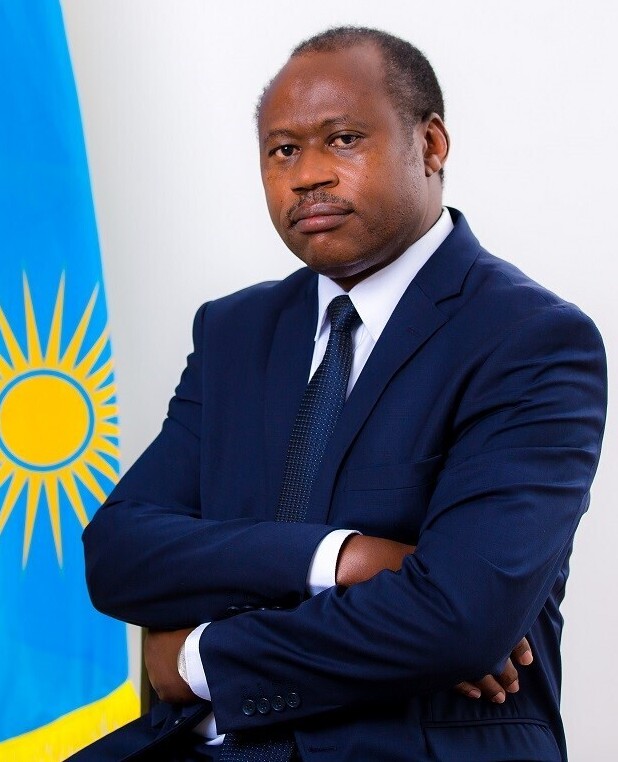
-
(GMT)STRATEGIC ROUNDTABLE | FX risk management: A way out of the African debt crisis?Room PULA #1 Roundtable
Access via sign-up on the event app or by invitation only
A strong US dollar, interest rate hikes at major central banks globally and bleak foreign exchange (FX) rates are upping costs to service public debt. Many African countries have most of their debt denominated in foreign currencies, which is increasing debt service at the expense of critical sectors. While the long long-term solution lies in deeper and more structural transformation of Africa’s economies, hedging instruments – such as cross-currency swaps and FX forwards – have been touted as a way to boost confidence in domestic capital markets in the short-term by allowing governments to service debt in their domestic currencies. But adoption is limited, including in some of the most debt distressed markets, due to lack of awareness. In this closed roundtable, government representatives, commercial banks and DFIs providing loans to sovereigns, discuss together with hedging providers how the industry can derisk debt and enhance debt sustainability.
Discussion points
- What are the root causes of Africa sovereign’s FX risks challenges and how to survive the current crisis?
- Synthetic local currencies and hedging: How can states leverage underutilized tools to manage external debt?
- Onshore and offshore: Developing capital markets with local currency denominated bonds

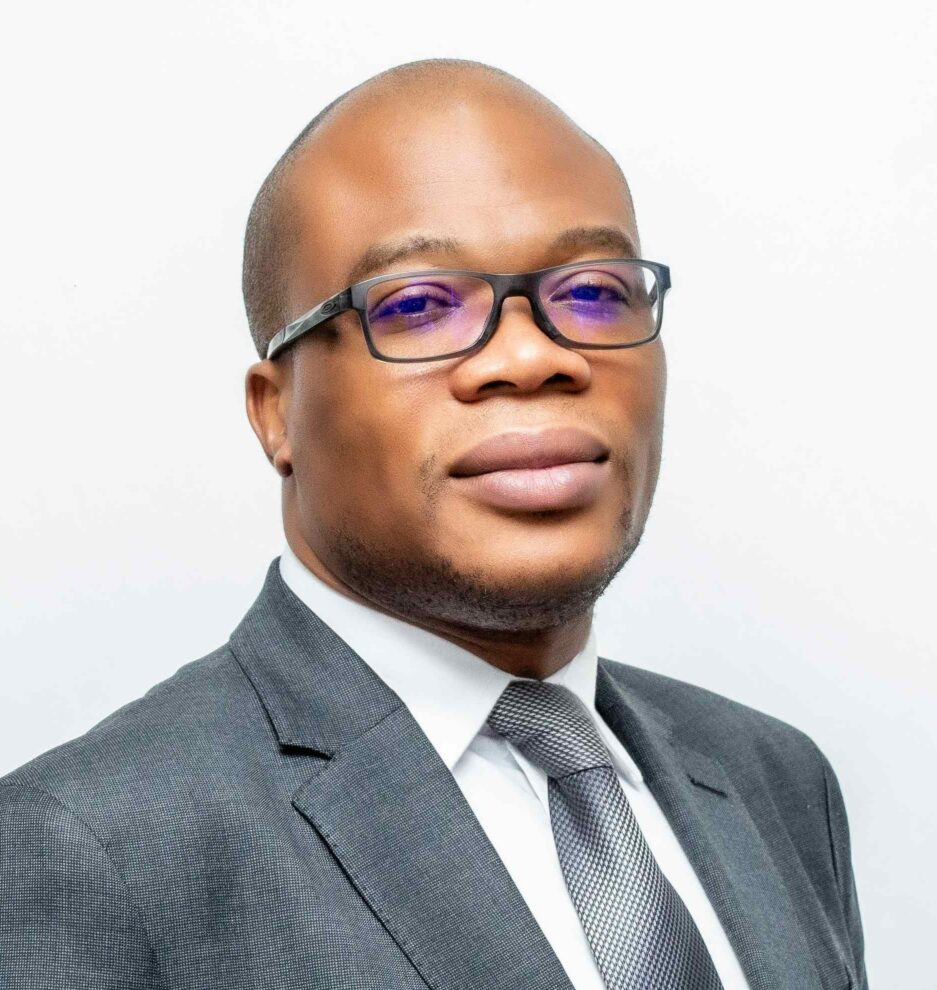
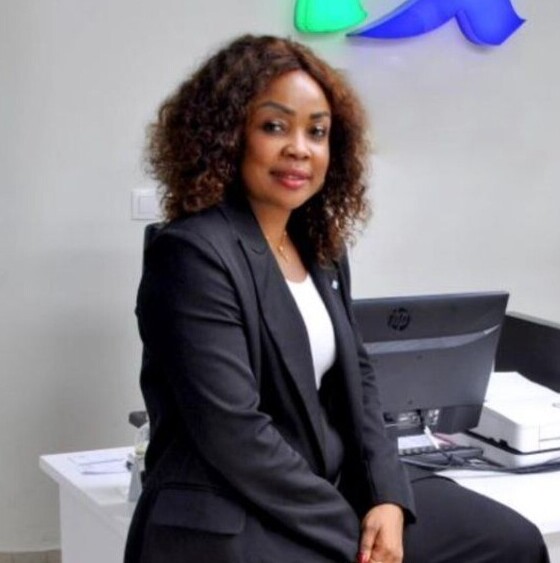
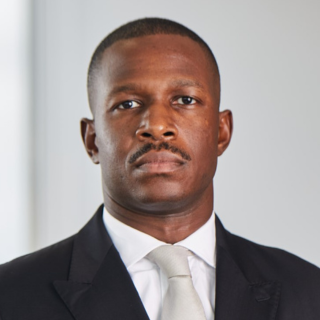

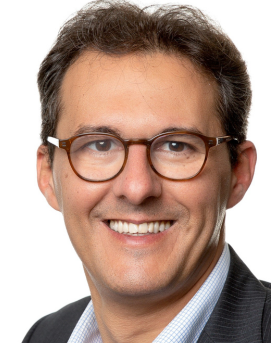
-
(GMT)KEYNOTES | Women in Finance: Rewriting the rules on traditional financeRoom SHILLING (Tent)
In a series of talks, five influential female leaders share how they are pushing boundaries to reshape financial segments on the continent. With women comprising 18.1% of C-suite executives in Africa’s financial services, the continent boasts the highest share of female banking executives globally, many of whom are challenging norms in areas such as cross-border payments and digital insurance against significant odds.

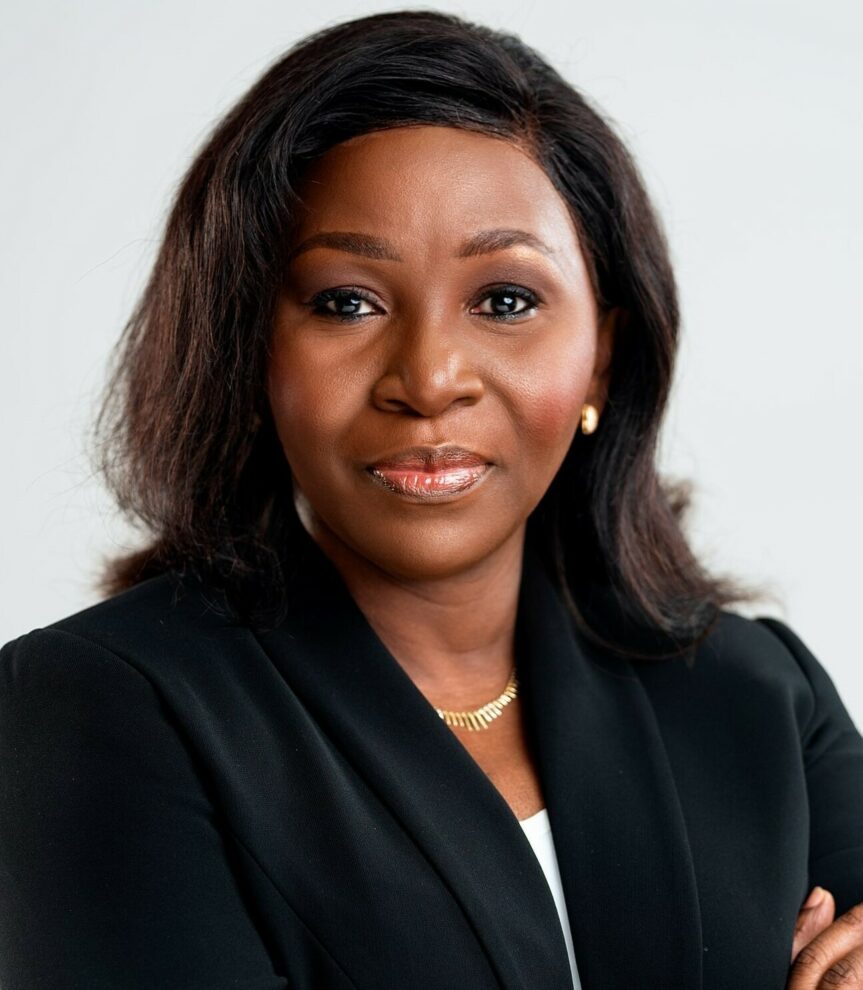 Speaker
SpeakerRose Kayi MIVEDOR
Minister for Trade, Handicrafts and Local Consumer Affairs, Republic of Togo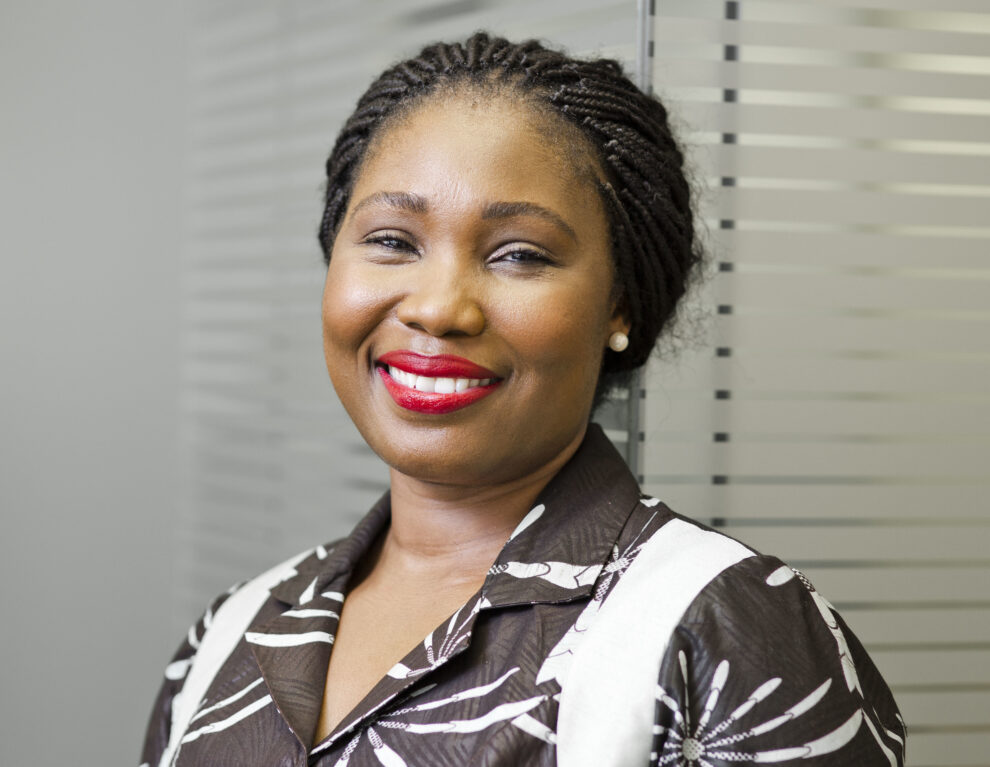

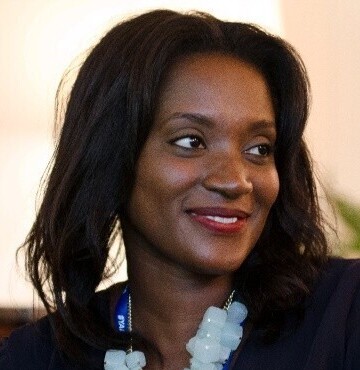
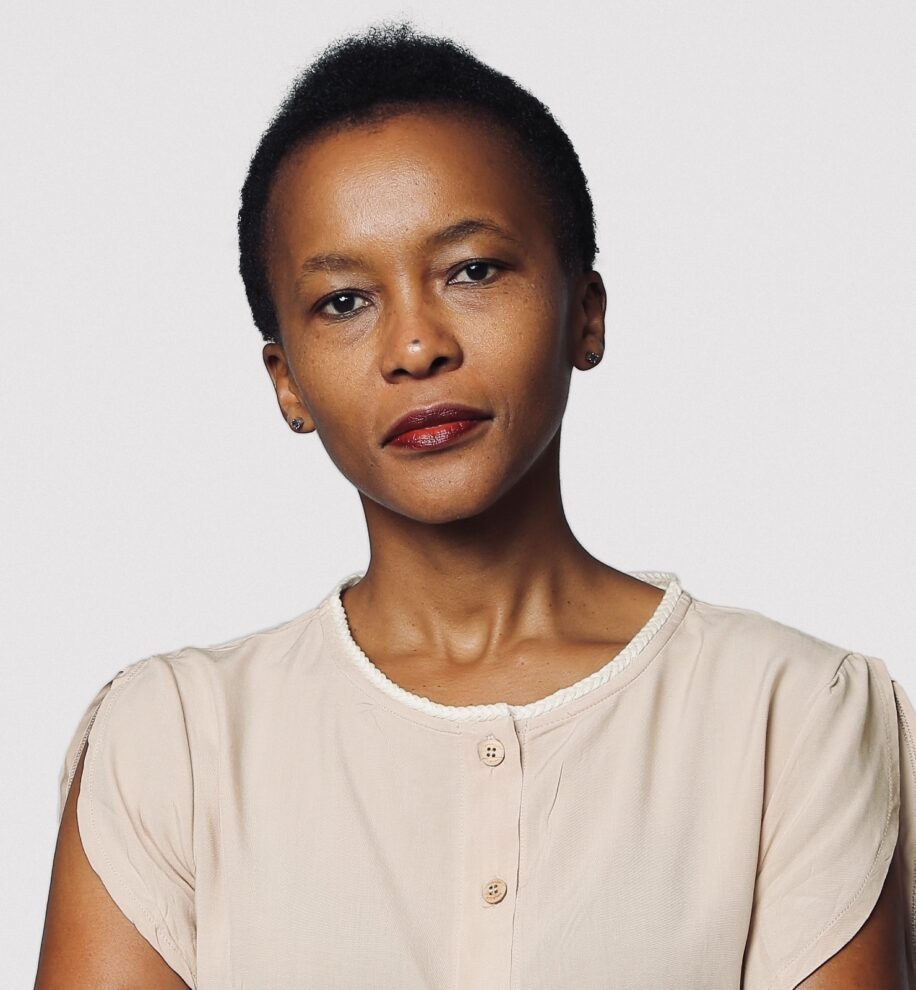
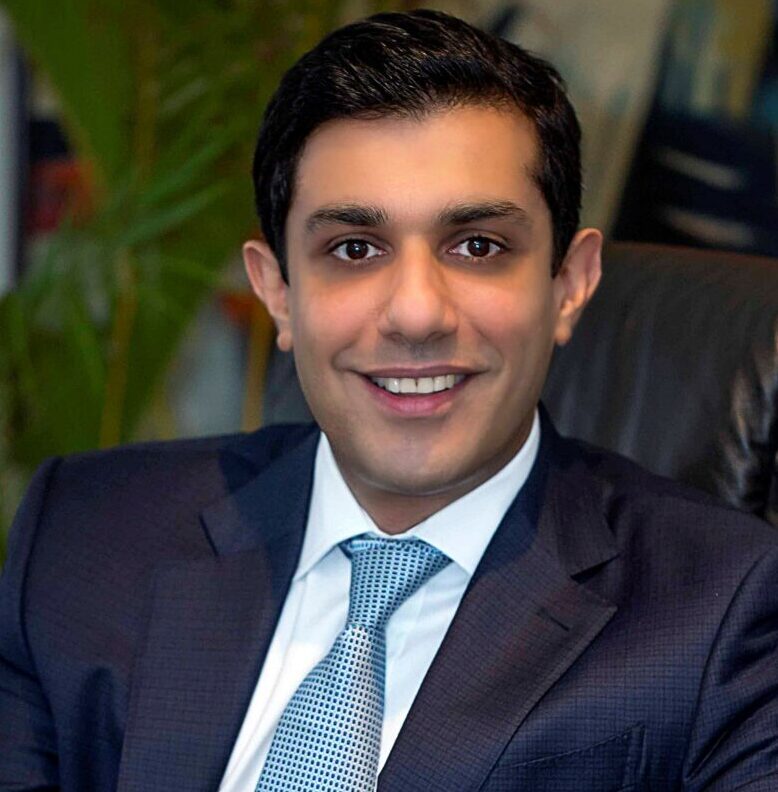
-
(GMT)Side Event African Guarantee Fund -AGF : De-risking WSMES : AFAWA Guarantee for growthRoom PULA #1 Roundtable
AGF and the Africa Financial Industry Summit team are honored to organize an exclusive Side Event titled: ’’DE-RISKING WSMES: AFAWA GUARANTEE FOR GROWTH’’.
AFAWA, an acronym for Affirmative Finance Action for Women in Africa, is a pan-African initiative that aims to bridge the estimated $42 billion financing gap facing women entrepreneurs in Africa. The session will focus on financing women entrepreneurs in West Africa, and strategies for reducing the perceived risk of these businesses.
This private session will take place on Wednesday, 15th November (from 2:00 pm) and will take the form of a bilingual (English and French) panel discussion, organized in room PULA of the Hôtel du 2 Février. Decision-makers, financial sector experts and entrepreneurs will share their knowledge and perspectives in a stimulating conversation.


 Speaker
SpeakerRose Kayi MIVEDOR
Minister for Trade, Handicrafts and Local Consumer Affairs, Republic of Togo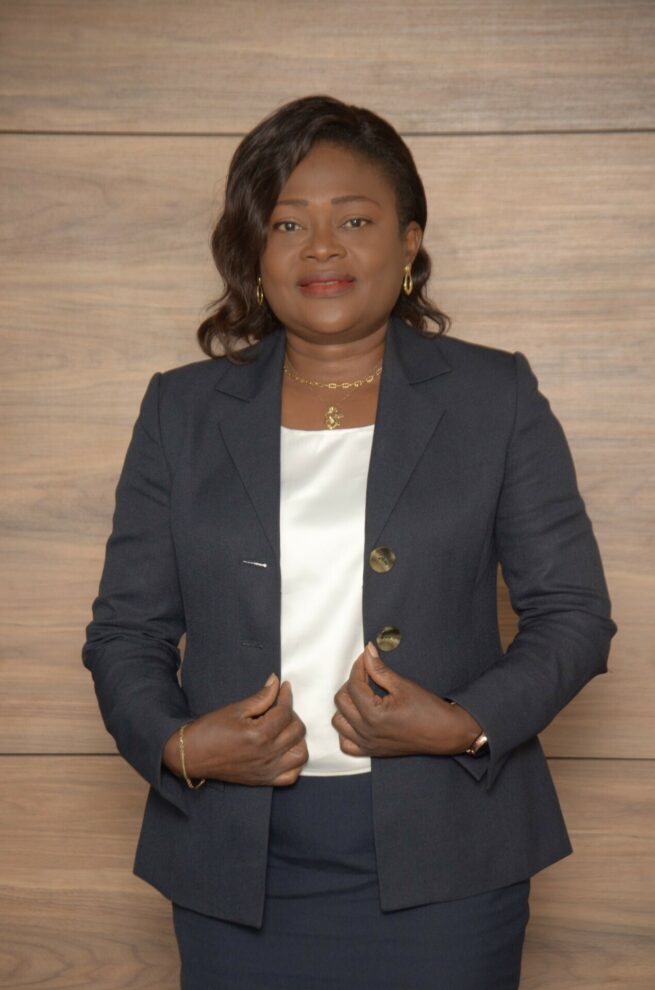


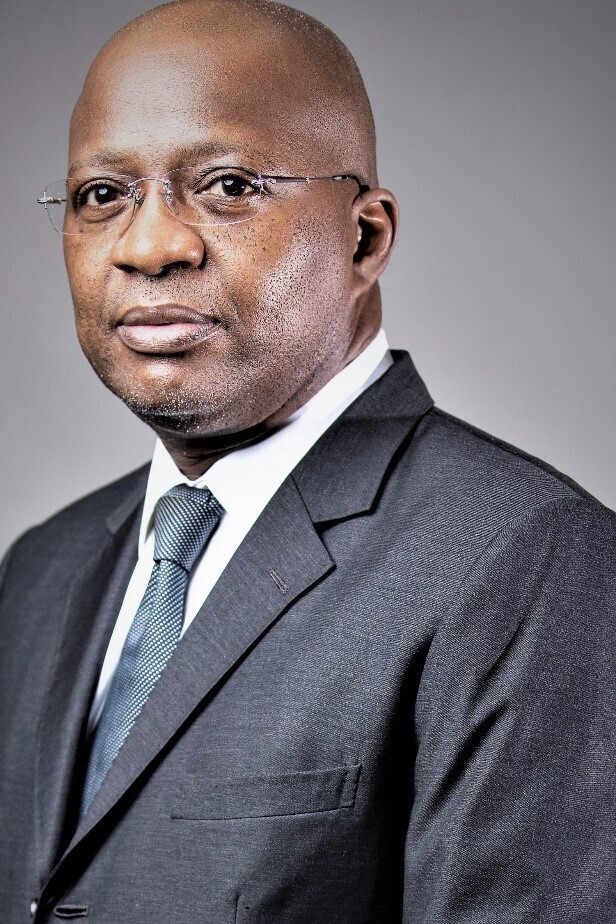
-
(GMT)PANEL | Tokenizing assets: An untapped opportunity for financing and liquidityRoom SHILLING (Tent)
While Africa’s GDP was estimated at $2.6 trillion in 2021, African underground resources are estimated at $100 trillion, even larger than the current global GDP of $87.5 trillion. Tokenizing Africa’s natural assets such as land, agriculture, cattle and gold, is being heralded as a gateway to ample opportunities for financial institutions. Nigeria is weighing up allowing trading of tokens, Central African Republic plans to tokenise its minerals and the Reserve Bank of Zimbabwe is planning a digital token linked to gold. How can digital finance help Africa leverage this untapped potential? What role can regulators and legacy financial institutions take to accelerate this opportunity?
Keys points
- Tokenizing assets: Can Africa lead in public finance, infrastructure financing and mineral resources?
- What actions need to be taken and what will be the key success factors?
- Digital assets regulation: How to leverage on global best practice and drive adoption while protecting investors
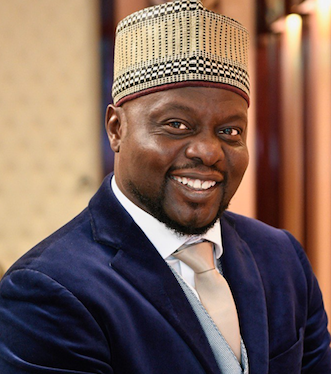
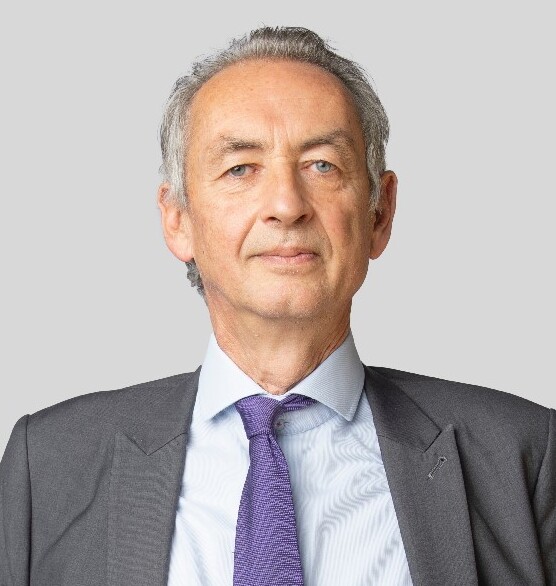
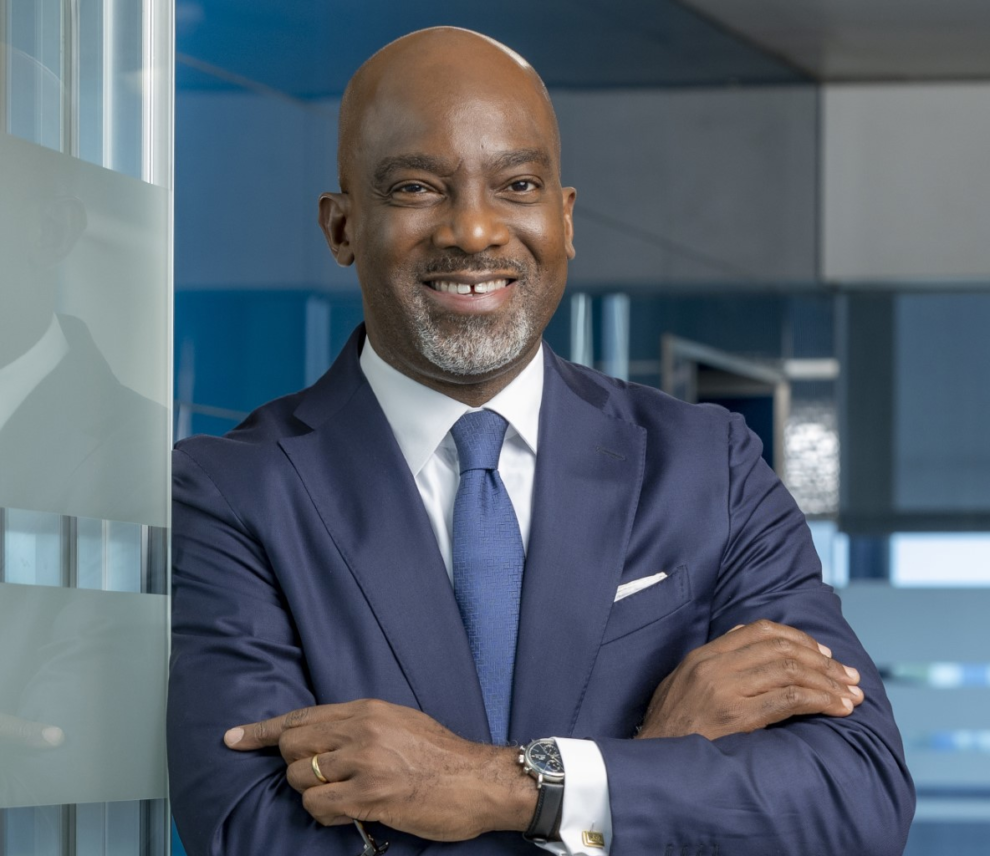 Speaker
SpeakerPaul-Harry AITHNARD
Managing Director Ecobank Cote d’Ivoire & Regional Executive, UEMOA, Ecobank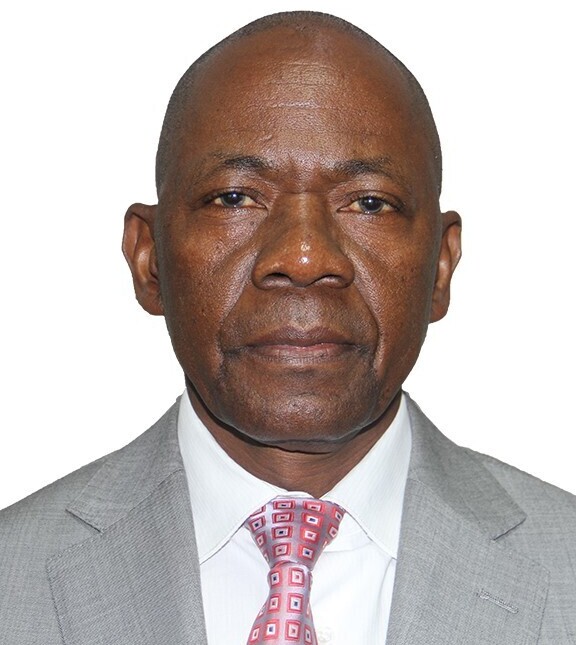
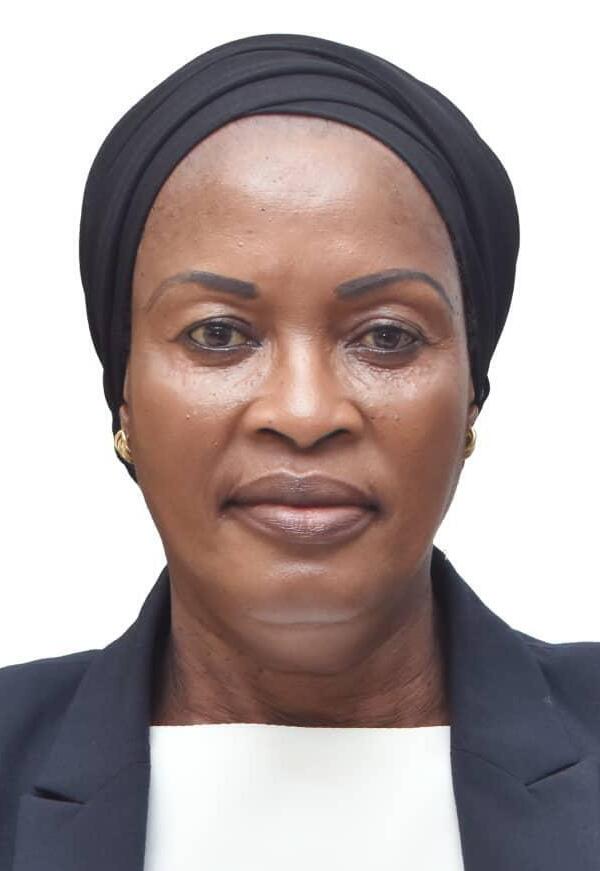
-
(GMT)STRATEGIC ROUNDTABLE | Engaging the African diaspora in local capital marketsRoom DIRHAM #2 Roundtable
Access via sign-up on the event app or by invitation only
The African diaspora, a potential investor for socio-economic growth, sent over $600 billion in remittances to Africa from 2010 to 2020, mainly to support family. However, their involvement in African capital markets is limited in part due to distrust on how funds will be used, high purchase thresholds and fears about a return on investment. Of the African countries that have issued diaspora bonds, most have failed to attract interest or have seen only one successful round. A roundtable of financial institutions and government representatives explores how to enhance diaspora participation in African corporate and sovereign bond markets, capturing crucial capital to support the real economy.
Discussions points
-
What’s worked, what hasn’t? Learning from diaspora bonds issued to date
-
Strong governance to attract diaspora interest: How to inspire trust and confidence
-
Payment solutions, lower cost thresholds and secure fund transfers: How to facilitate, guarantee and encourage diaspora investments?
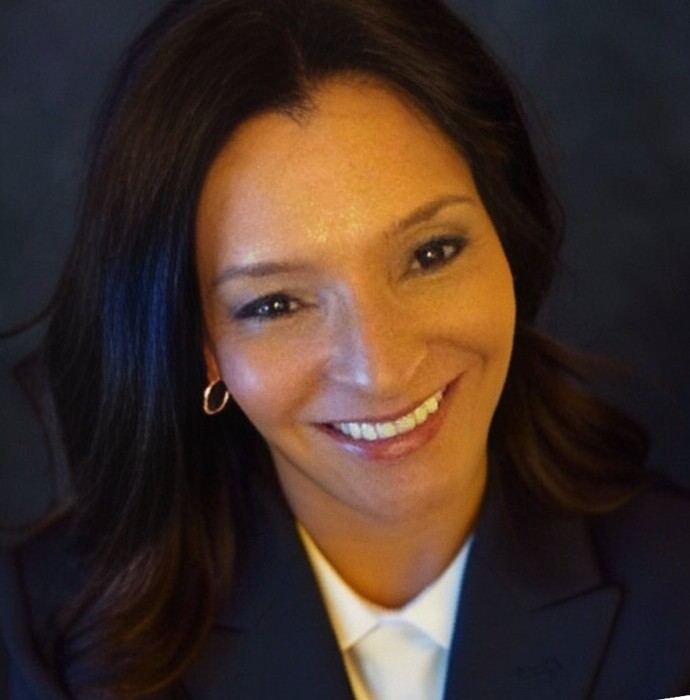
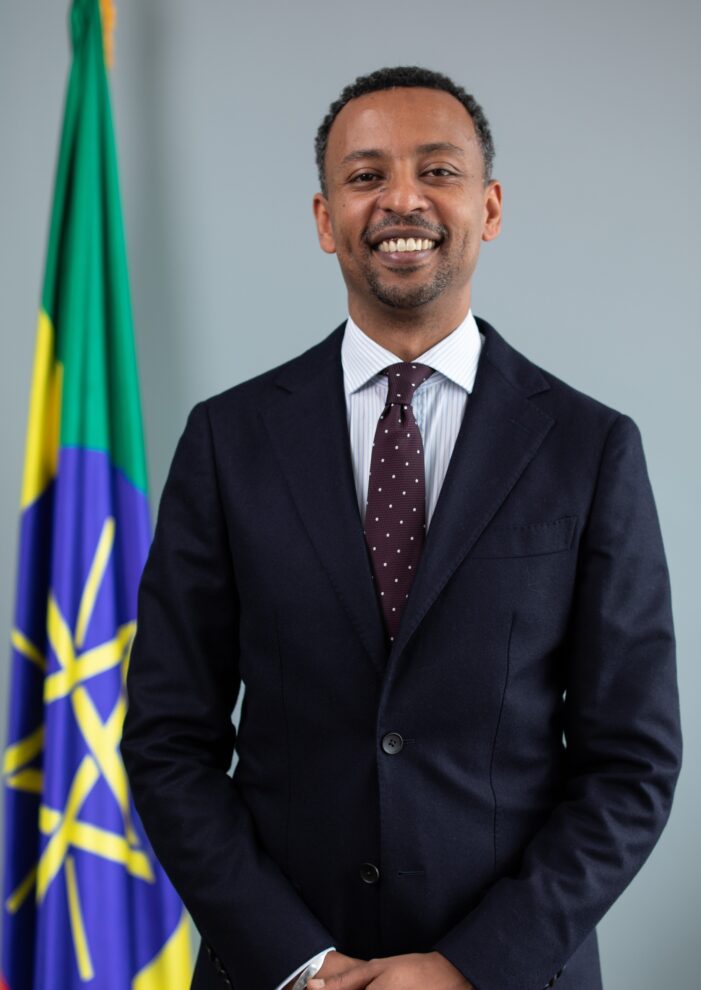
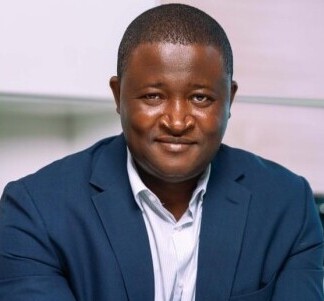
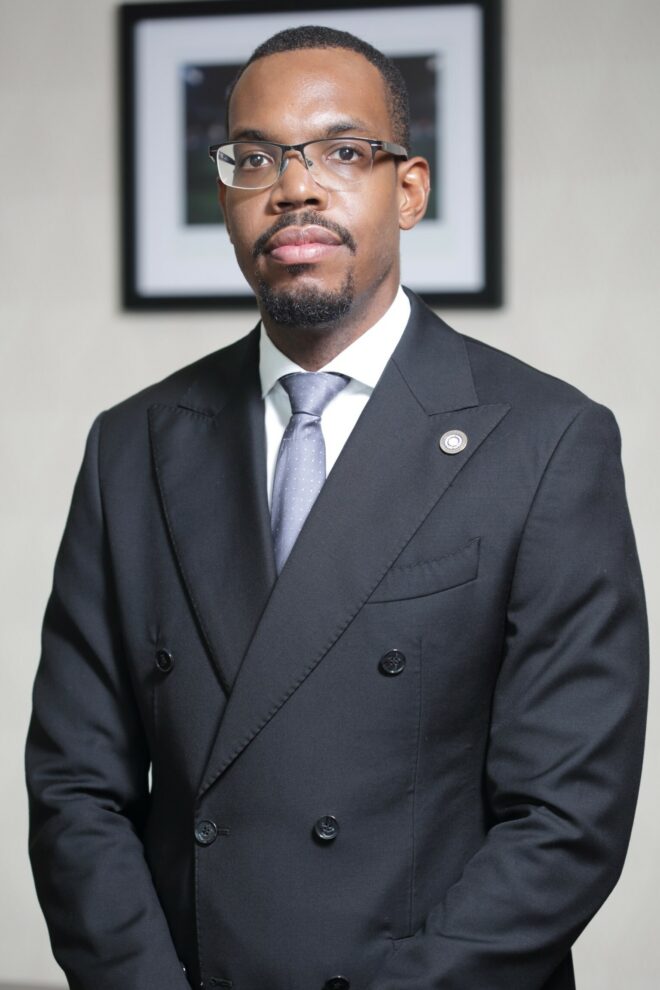
-
-
(GMT)STRATEGIC ROUNDTABLE | Payments: The race for scaleRoom NAIRA
Access via sign-up on the event app or by invitation only
With around 90% of African payment transactions still in cash, commercial banks have an opportunity to join telcos in accelerating digital payments. Some banks are looking to vertically integrate by expanding their digital and mobile payments capabilities, either by investing in or partnering with fintechs (e.g., Ecobank), or by developing in-house payment platforms (e.g., KCB Pepea, Standard Bank’s Snap Scan, GT Bank’s GTWorld mobile app). But legacy infrastructure and high operating costs may impede banks’ e-payment expansion. A roundtable of commercial banks, fintechs and government representatives discuss how banks can achieve scale and revolutionise the payments landscape.
Discussion points
-
How to keep payment innovations flowing while maintaining a good cost per transaction
-
What is the right partnership strategy?
-
Investor satisfaction: Optimizing the value of a payment business

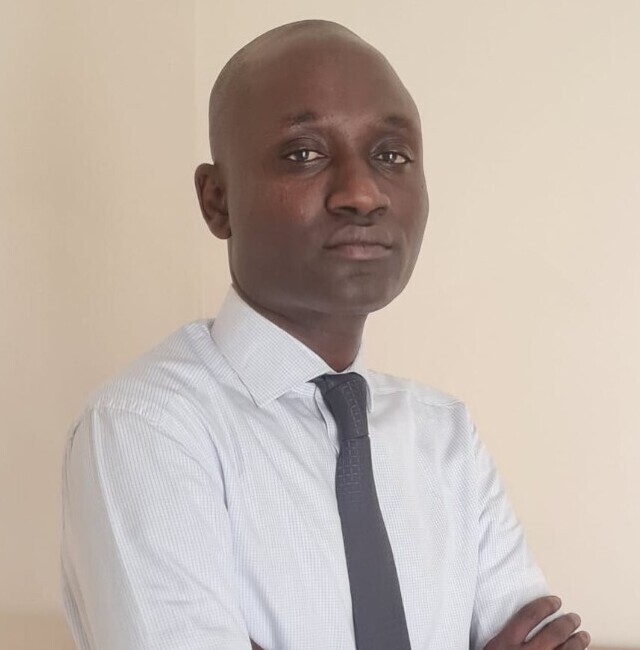

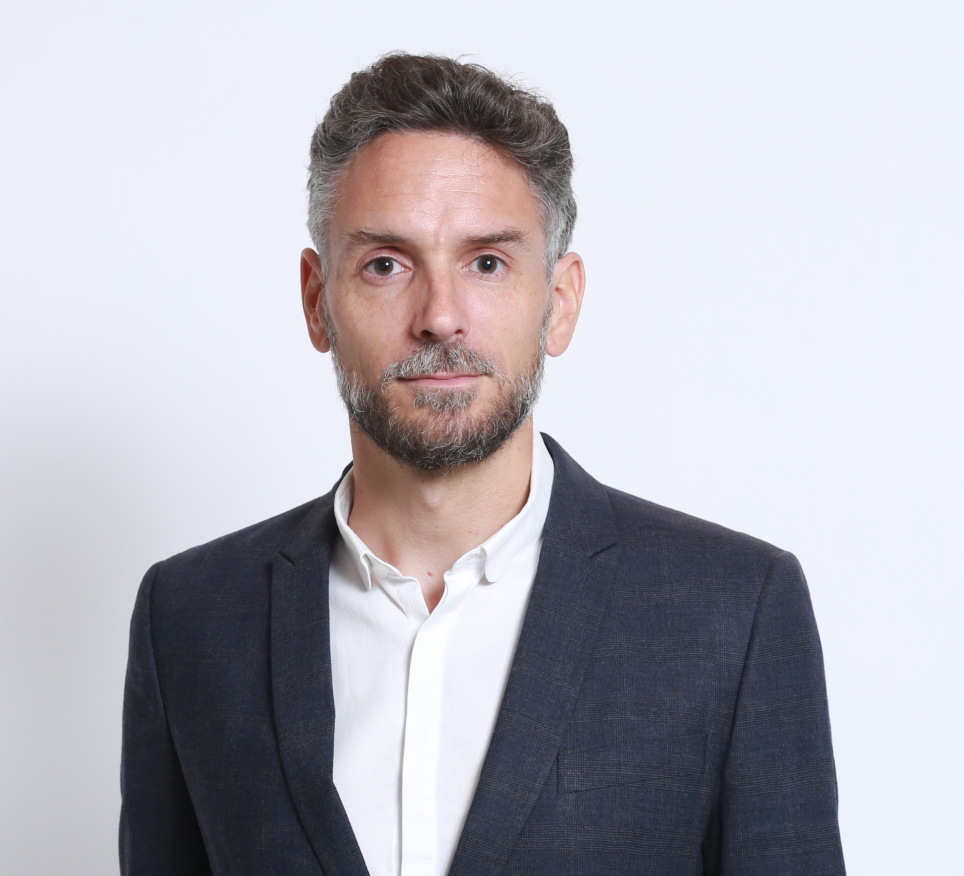
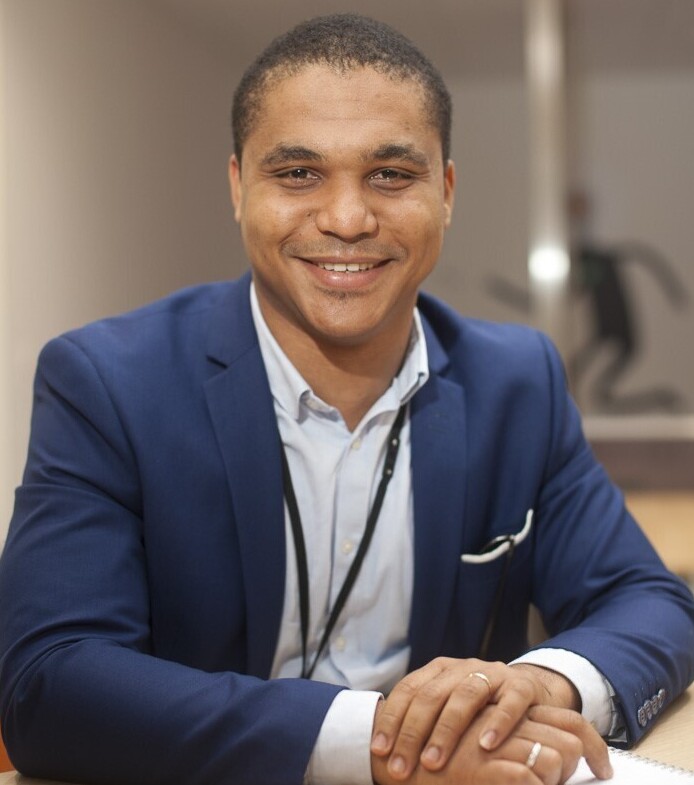
-
-
(GMT)STRATEGIC ROUNDTABLE | Securing scarce tech talent: How can everyone prevail?Room KWANZA #3 Roundtable
Access via sign-up on the event app or by invitation only
African financial institutions are facing a shortage of highly qualified professionals in the tech space as they make a critical transition to digital interfaces and advanced analytics. Some estimates suggest 4 million new technology jobs will be needed by 2025 as demand and competition for coders, data analysts, software developers and AI experts between African financial players and international actors heats up. In a closed-doors discussion, human resources directors, commercial banks, DFIs and tech specialists discuss how African financial institutions can act pre-competitively to cultivate a rich pool of talent to support the sector’s growth and digital transition.
Discussion points
-
Early recruitment and in-house training: Capturing the best profiles as soon as they enter the job market
-
To what extent can the financial and education sectors work together to align teaching to financial industry needs?
-
Outsourcing and subcontracting: What if African fintechs were the solution?
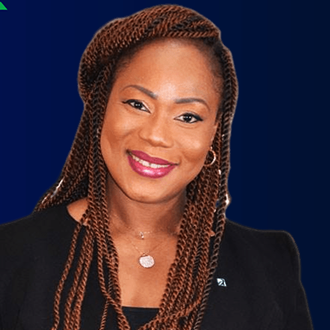
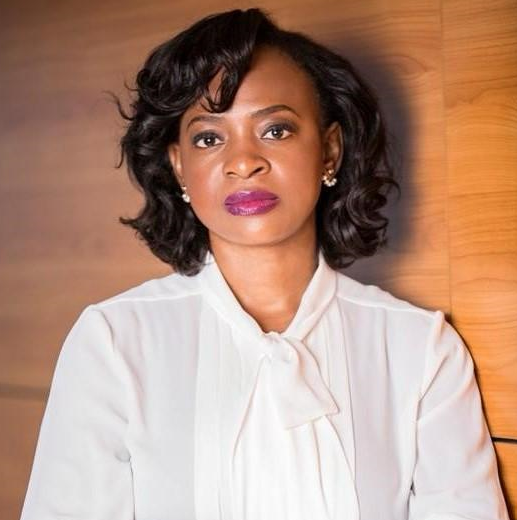
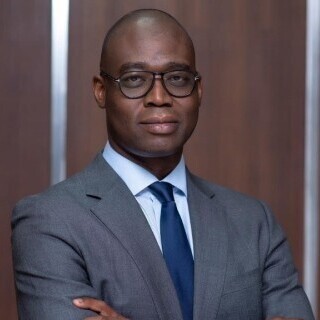
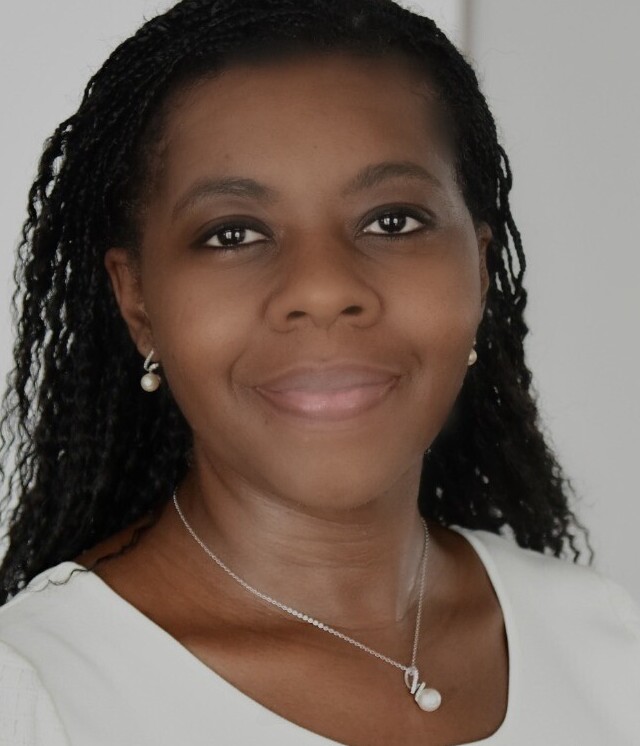
-
-
(GMT)PANEL | A unifying banking authority: Is Africa ready?
Basel I, II & III and the EU’s European Banking Union have been instrumental in fostering harmonized prudential regulations via the European Banking Authority and consistent banking supervision through the European Central Bank, but no such bodies exist for Africa. East Africa is planning to create a regional financial services commission, but Africa-wide regulatory harmony has to date been considered too complex and ill-adapted to banking systems in certain regions. This has meant regional and Pan-African banking groups expanding their reaches must operate across nations with different regulatory frameworks, Anti-Money Laundering (AML) and Know Your Customer (KYC) rules and varying approaches to digital asset licensing. With only 47% of respondents to the African Financial Industry Barometer 2023 satisfied with efforts to harmonize regulations, what form of continent-wide banking authority could maintain financial stability in African banking systems?
Key points
- What is the best approach towards harmonization and would central banks be prepared to work with a supranational body?
- From IFRS to AML: Which standards and regulations are crying out to be harmonized?
- Centralizing prudential data: How to increase transparency, market discipline, and confidence
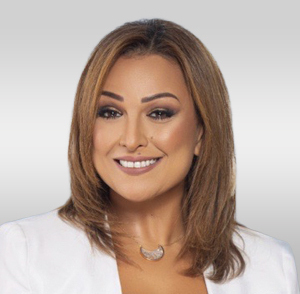 Moderator
ModeratorNivanne MORTAGY
Regional Industry Head of Operations, Financial Institutions Group, Africa, IFC
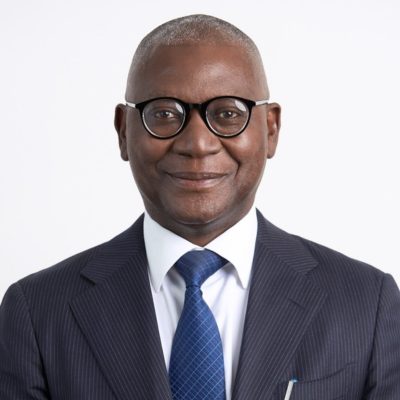
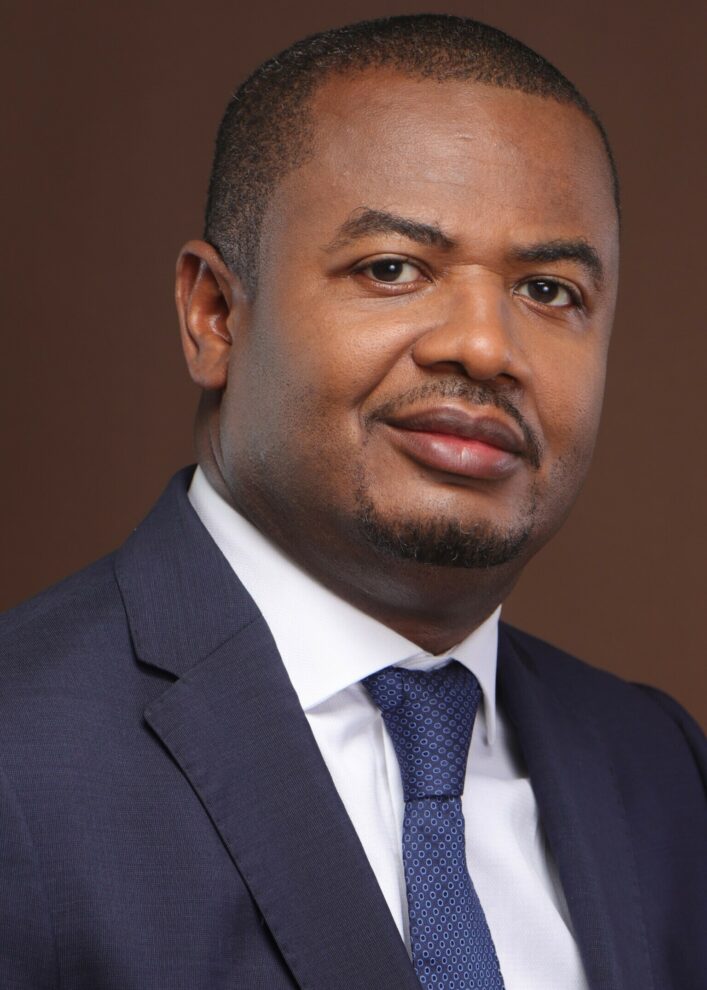
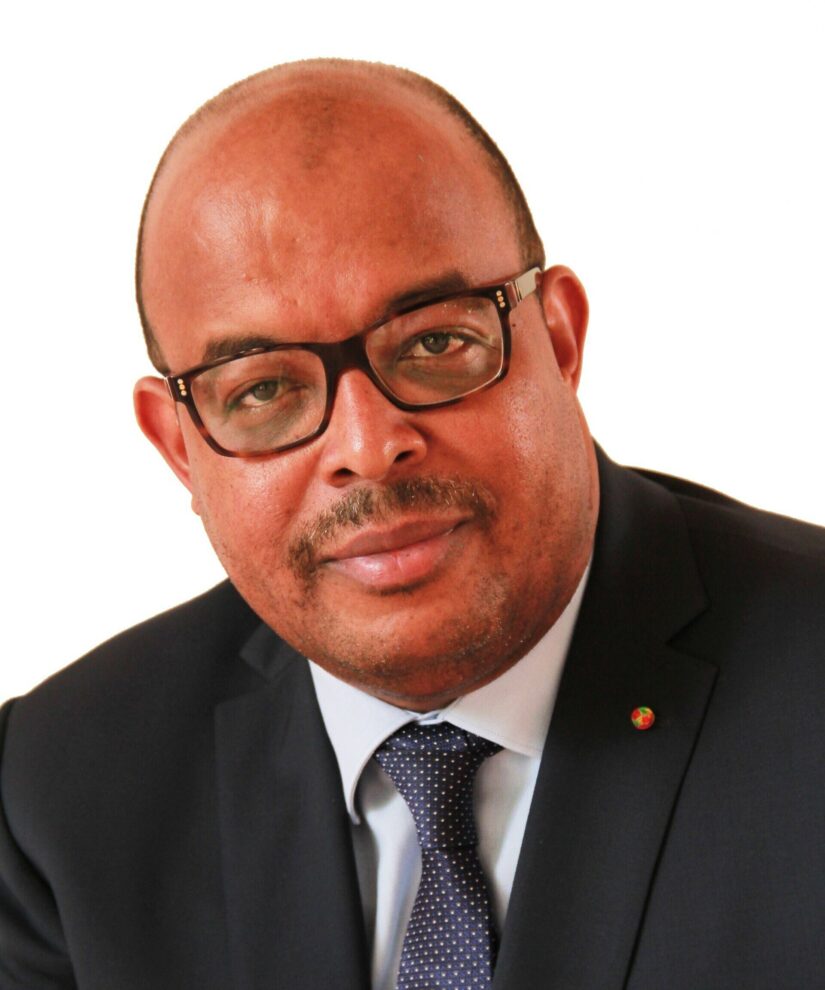
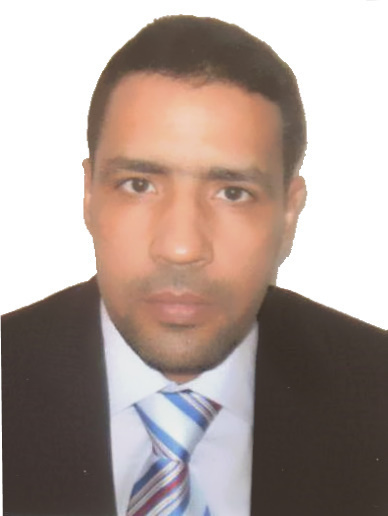
-
(GMT)HUAWEI at AFIS | Accelerate Intelligent Finance in Africa : Create New Value TogetherRoom NAIRA
Today, technologies are driving the digital transformation of the financial industry, making the application and role of digitalization and intelligence in the financial industry increasingly popular and prominent. How to seize the huge opportunities brought by this transformation, build all-scenario intelligent finance, and make the business agile, intelligent, reliable, and open, has become a key issue for financial digital upgrade.
Within this context and under the theme “ACCELERATE INTELLIGENT FINANCE IN AFRICA ~ Create New Value TOGETHER, Huawei will participate as Diamond Sponsor in AFIS 2023 and will hold the Huawei African Intelligent Finance Summit 2023 on November 15th, 2023 starting from 4 PM | Hotel 2 Février, Lomé – Togo. This exclusive event will take the form of a 2 hour Panel Discussion.
HUAWEI will bring together leading figures, KOLs, academic experts, and innovative practitioners in the global financial industry to discuss how to leverage the digital power and facilitate the leapfrog development of Africa’s financial industry.
We will continue to build an open, collaborative, and shared global platform where you can:
· Communicate with thought leaders and business elites in the financial industry and exchange ideas.
· Communicate with big players in the financial industry to share experience.
· Communicate with partners in the financial industry and seek business opportunities.
· Learn about the in-depth innovation and application of ICT technologies in the financial industry.
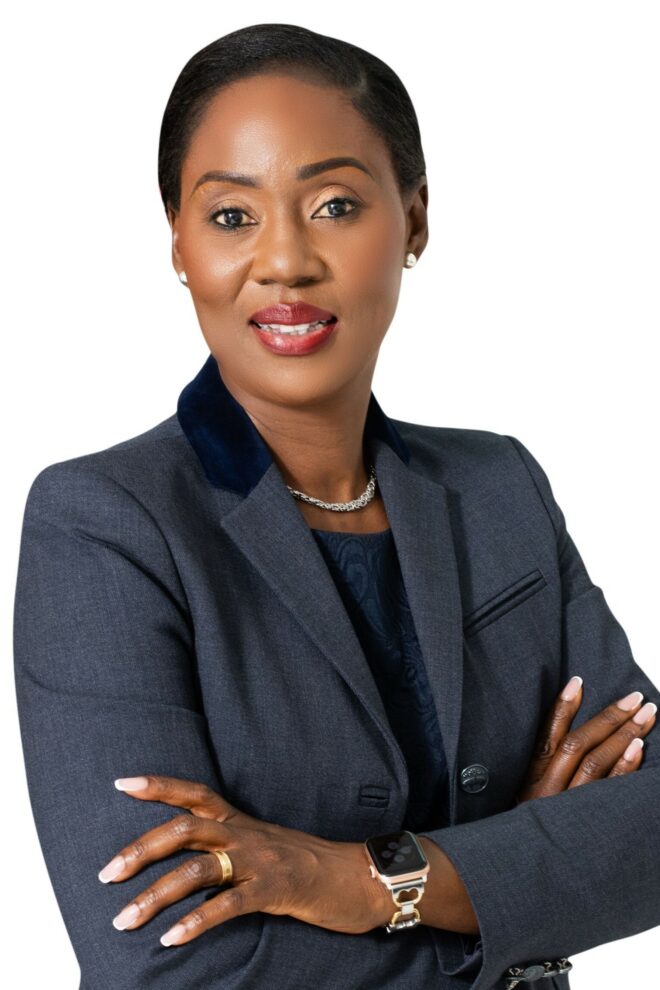

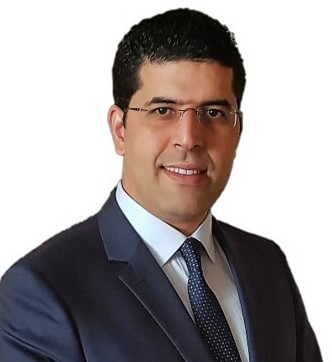
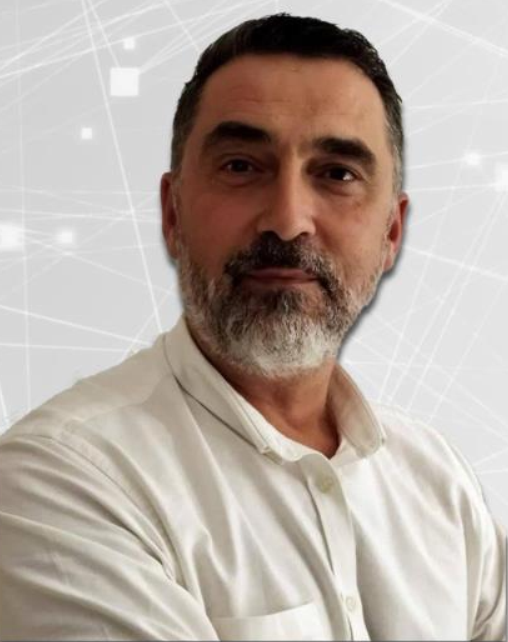
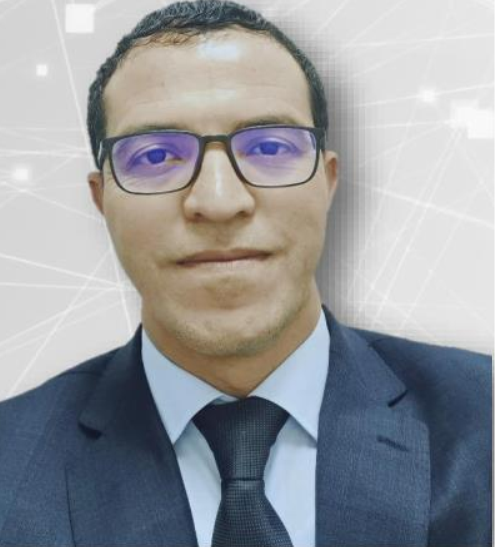
-
(GMT)PANEL | Mobilising domestic institutional investors: Fuelling development and transition through capital marketsRoom SHILLING (Tent)
African sovereign wealth funds, pension funds and insurance companies have over $1 trillion in assets invested in government bonds and foreign assets while Africa’s capital markets suffer from a lack of depth (annual funding shortfall of $107bn) to finance its development and energy transition. Hindered by regulatory restrictions, a lack of quality investible assets, currency instability, expertise gaps and a liquidity deficit, local institutional investors have so far been reluctant to tap into local capital markets, preferring safer investments internationally or government bonds. But could the recent African Exchanges Linkage Project (AELP), connecting seven key exchanges, change attitudes?
Key points
- Genuine opportunity or excessive enthusiasm: How significant is the funding potential of local investors?
- How should risk allocations and regulations be adapted for intra-African investments?
- Structured finance, pooled capital & blended finance: What innovative mechanisms can entice local capital?
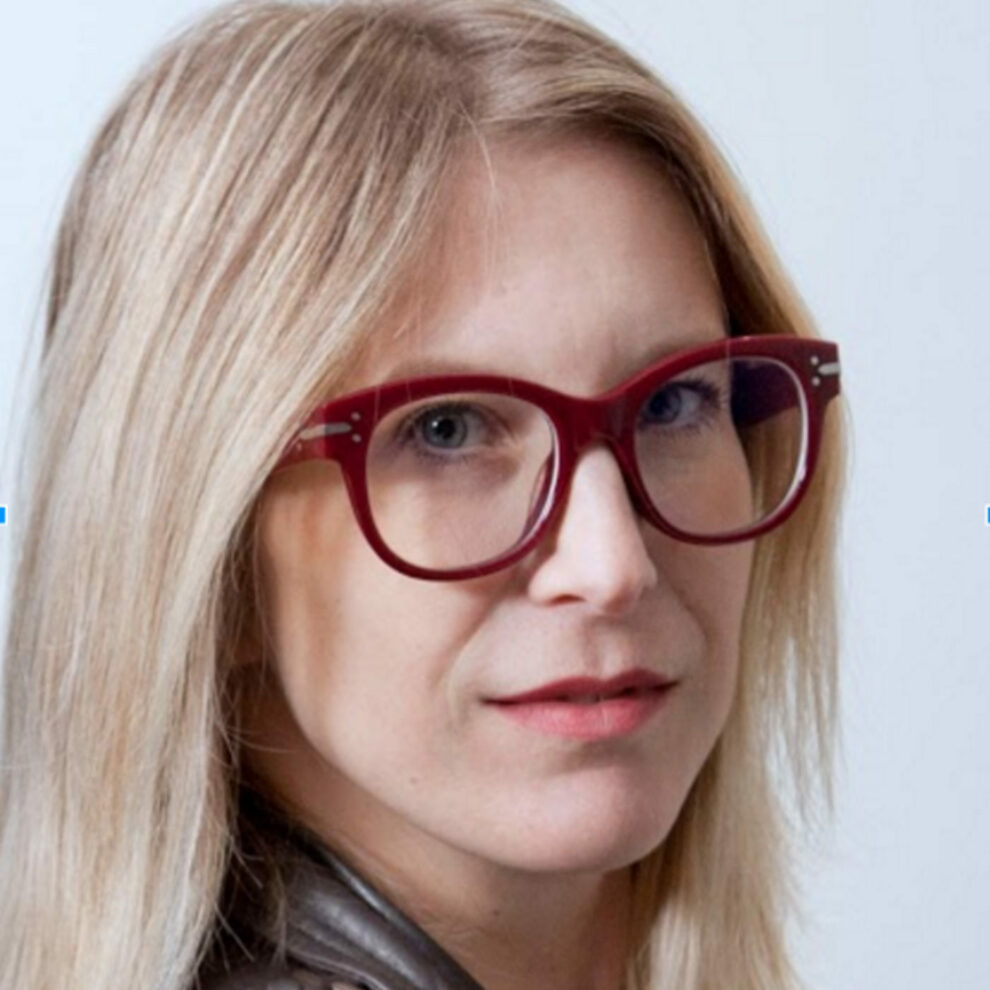
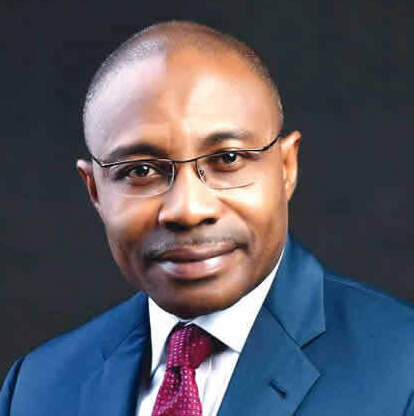
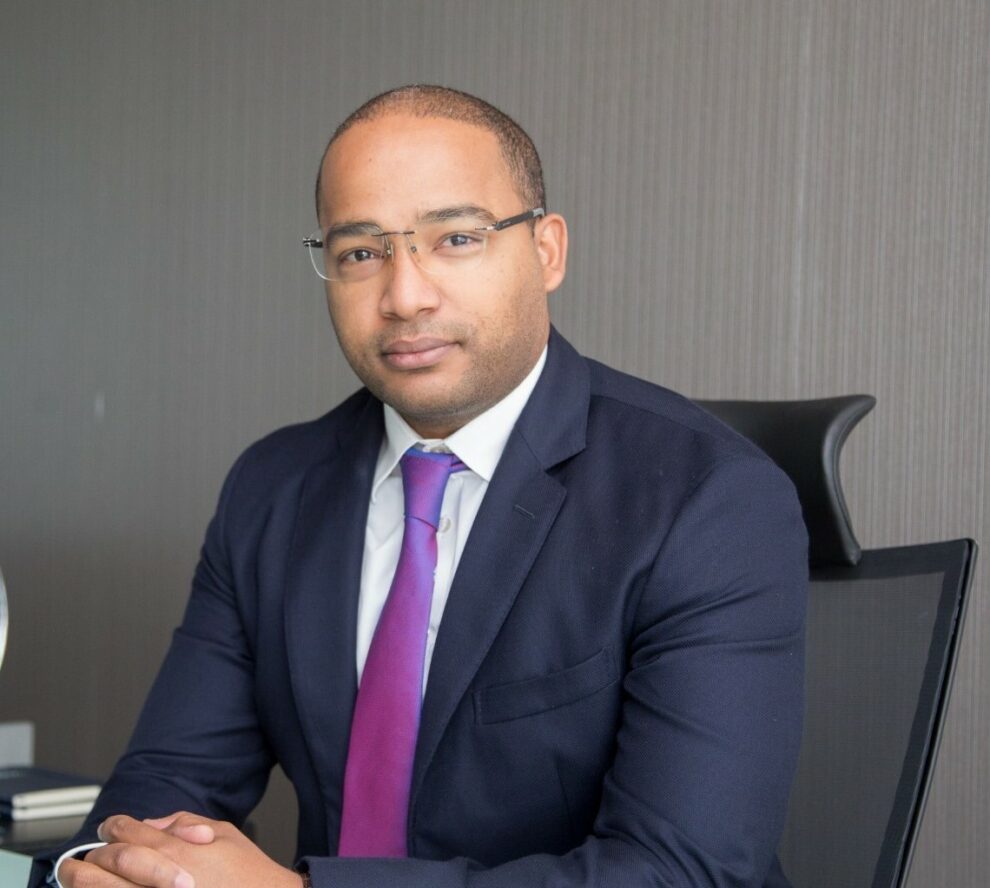
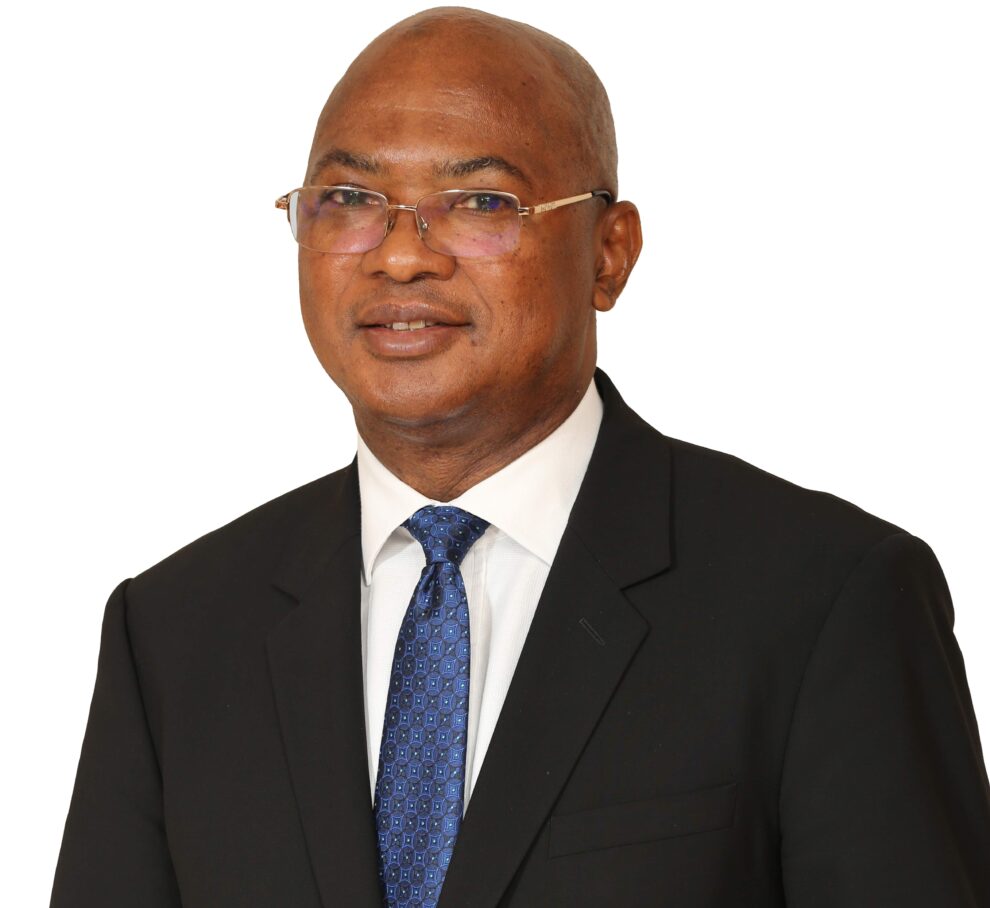
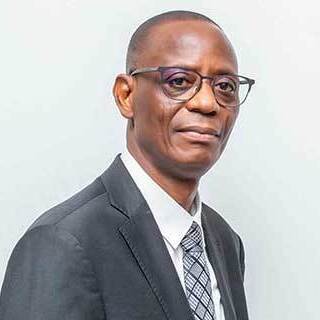
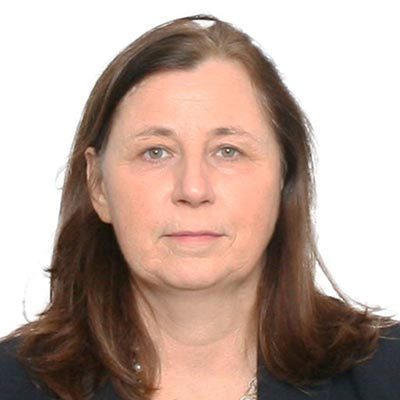
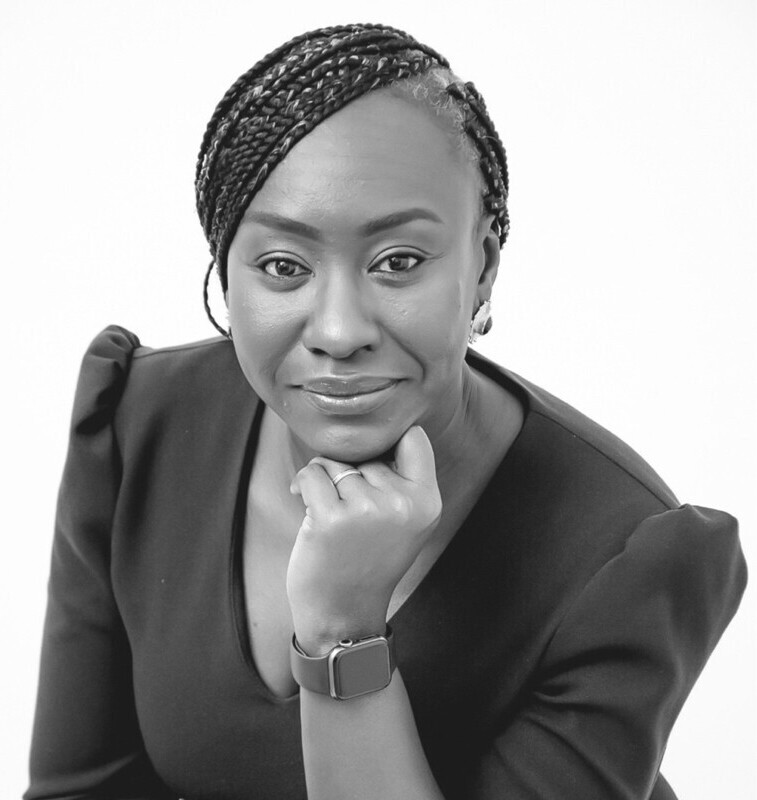
-
(GMT)STRATEGIC ROUNDTABLE | Cyber threats: Developing an African insurance industry to cover emerging corporate risksRoom PULA #1 Roundtable
Access via sign-up on the event app or by invitation only
Cyber-attacks on African corporations, particularly commercial banks, are the most prevalent worldwide with an astounding 2,164 a week on average per company. African insurers and reinsurers are mulling over developing or expanding corporate cyber risk cover, but the rapid evolution of technological threats and potential substantial losses mean many are hesitant and prefer to devote shareholder capital to traditional covers. Prospective cyber insurance clients may moreover favour investing in cyber protection as tailored insurance would involve granting insurers access to their tools and licenses. A roundtable of traditional insurers, insurtechs and cybersecurity specialists discuss building an African cyber insurance industry in response to escalating corporate attacks.
Discussion points
-
How great is the cyber insurance opportunity for African players and is it worth it amid overseas competition?
-
What will convince corporations to opt for cyber insurance over cyber protection?
-
Cultivating cyber insurance expertise for African insurers and reinsurers
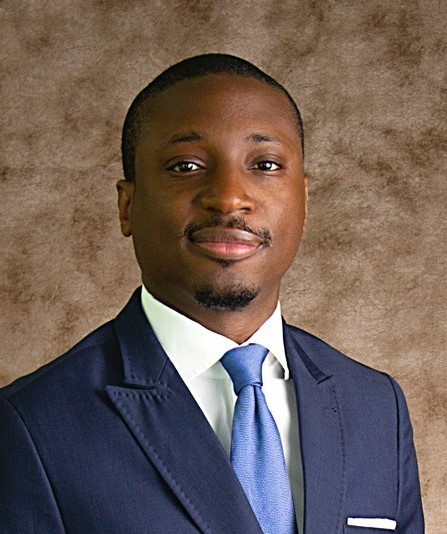
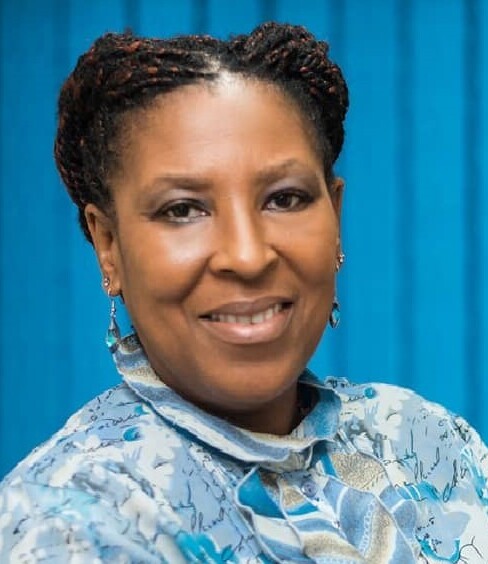
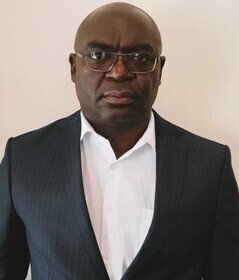 Distinguished Guest
Distinguished GuestGoodson KAPASO
Manager (Market Development – Pension Supervision), The Pensions and Insurance Authority (PIA) - ZAMBIA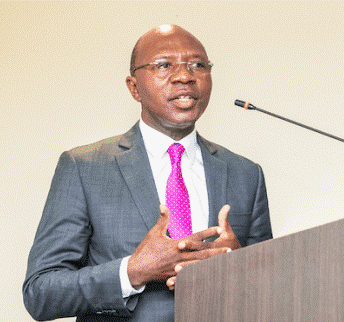
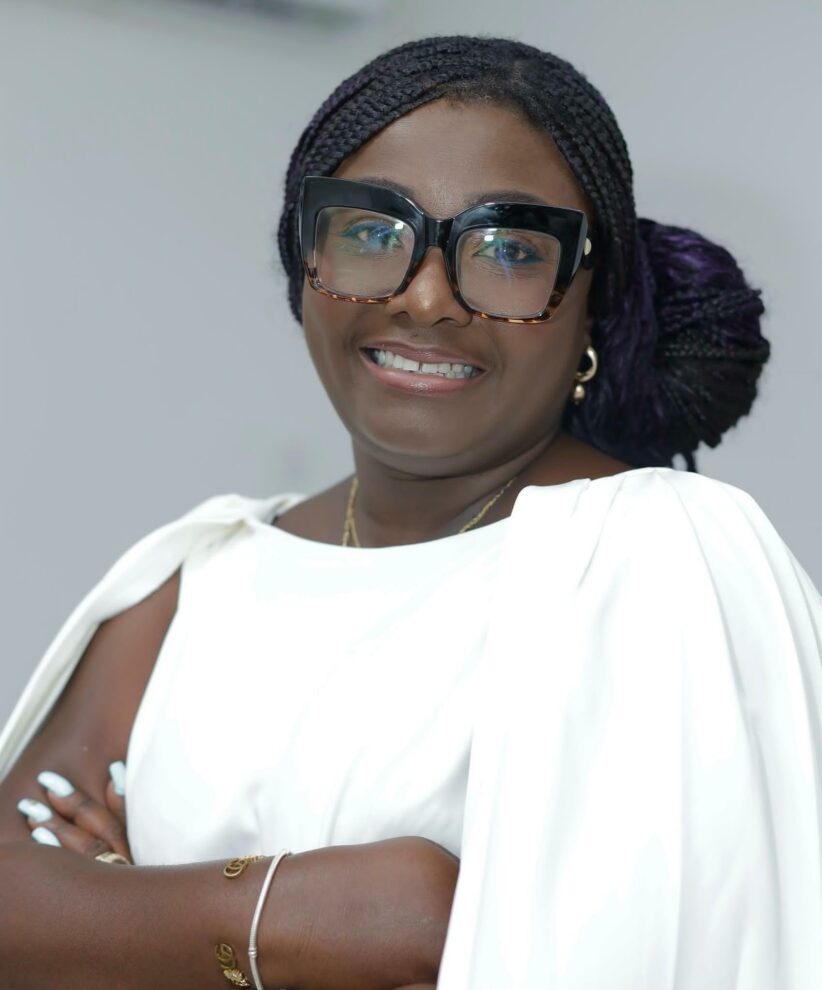 Distinguished Guest
Distinguished GuestMabel Nana Nyarkoa PORBLEY
CEO & Managing Director, Sanlam General Insurance -Ghana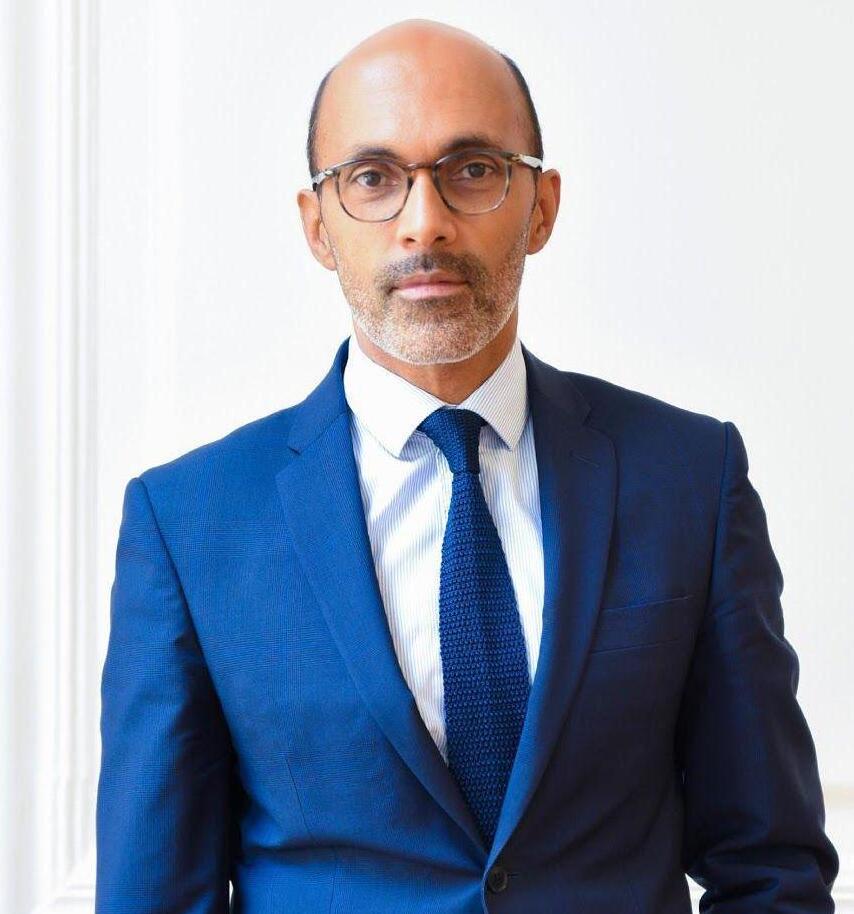
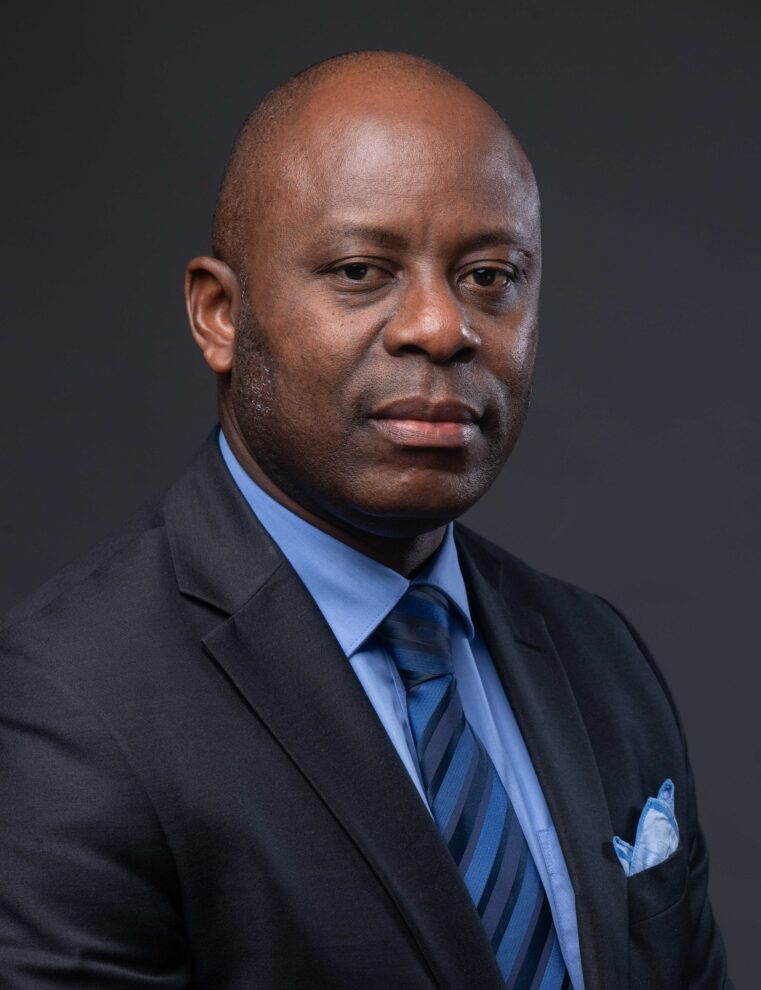 Distinguished Guest
Distinguished GuestAlain KANINDA
Managing Director, Insurance Regulatory and Supervisory Authority (ARCA) -
-
(GMT)STRATEGIC ROUNDTABLE | Global economic reform: Could the climate emergency strengthen Africa’s negotiating position?Room KWANZA #3 Roundtable
Access via sign-up on the event app or by invitation only
African heads of state in September this year called for a new global financial architecture aimed at unlocking Africa’s financing needs to combat climate change. As the richest region in renewable energies and a key producer of critical metals for the energy transition, Africa is in a strong position to provide global solutions to the climate emergency. The continent is also the lowest CO2 emitter but is paradoxically the most vulnerable to climate change and its cost of borrowing capital is 5 to 8 times higher than in rich countries. This closed-door round table bringing together members of governments, DFIs, multilateral development banks and the private sector discusses how to mobilize more private funding and examines the priority measures for reforming the Bretton Wood system in favor of Africa.
Discussion points:
- Carbon markets, critical metals, sustainable industrialization: What government measures are needed to unlock Africa’s green potential?
- Special drawing rights, debt-for-nature swaps, carbon taxation: How should the IMF and the World Bank evolve?
- Mixed finance, guarantees, raising risk tolerance thresholds: How can multilateral banks catalyze private capital?

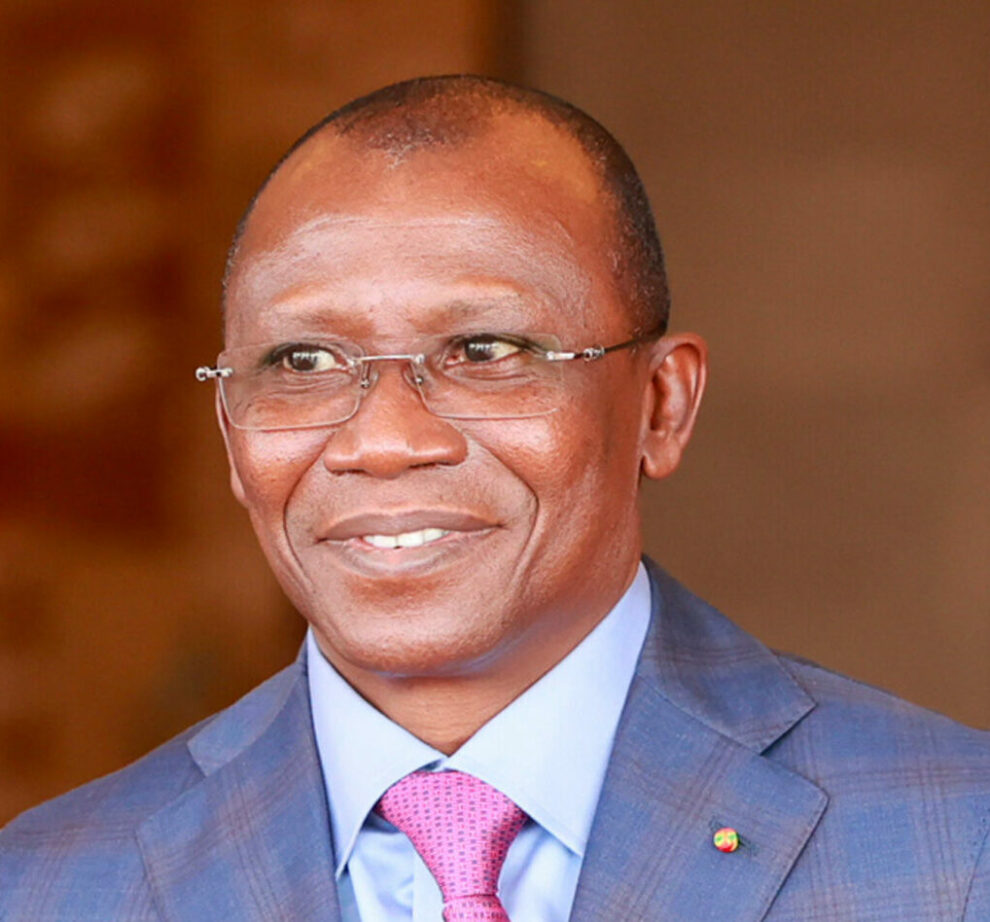
 Distinguished Guest
Distinguished GuestDr. Uzziel NDAGIJIMANA
Minister of Finance and Economic Planning, Republic of Rwanda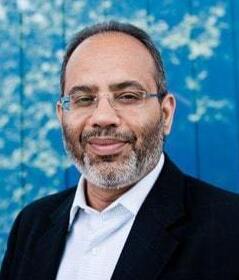
-
(GMT)STRATEGIC ROUNDTABLE | Fraud, corruption and illicit financial flows: Reinforcing and harmonising standardsRoom DIRHAM #2 Roundtable
Access via sign-up on the event app or by invitation only
Africa’s estimated $80bn annual losses to illicit financial flows (IFF) prompted the African Development Bank and the Coalition for Dialogue on Africa (CoDA) in March this year to launch a three-year project to coordinate a regionally coherent response. Heavy losses are occurring due to various factors, including a weak regulatory system and complicated trade laws, especially bilateral treaties, which make it easier for people and companies to manipulate prices and evade taxes. Regarding corruption and anti-money laundering, neither the domestic nor the international legal systems provide sufficient disincentives against illicit practices. A roundtable of public and private sector representatives explore innovative approaches to enhance standards.
Discussion points:
-
Trade and Commerce: How to move from bilateralism to harmonized standards particularly within IFF sensitive sectors (e.g. extraction and construction)
-
Crime: How to reinforce the role of Financial Intelligence Units and their cross-border cooperation?
-
Corruption: Reinforce current legislation or more effective enforcement on the ground?
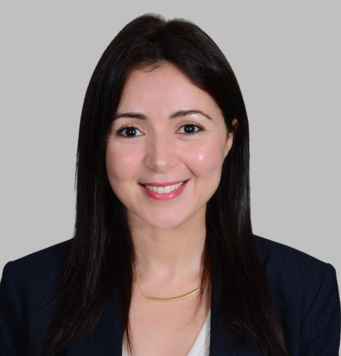
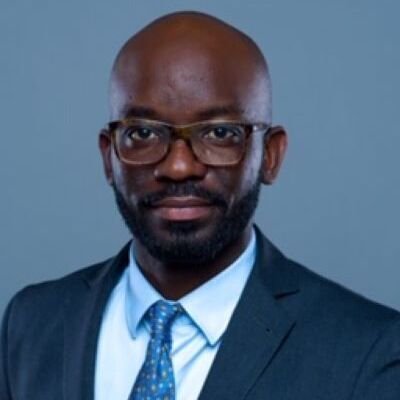
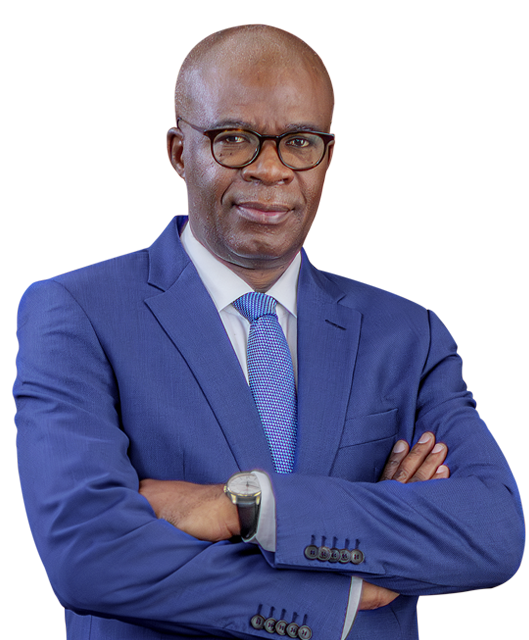
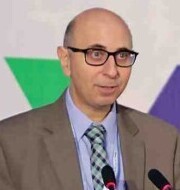
-
-
(GMT)PANEL | Climate and transition finance: Can Africa become a leader in sustainable bonds?
Benin’s €500m SDG bond, Kenya’s bond for low-carbon student housing and corporate green bonds from the likes of Standard Bank and Access Bank are paving the way for Green, Social and Sustainability (GSS) bonds as key financing vehicles. While many African GSS bonds have been oversubscribed, sovereign debt concerns, expertise gaps in identifying bankable projects, and high costs to raise capital, prevent more corporate and sovereign GSS bonds being issued. And despite momentum in climate mitigation investments (e.g., renewable energy), social, sustainability, and green bonds for climate adaptation (e.g., resistant crops) remain limited. How can Africa go from the slowest growing green bond issuer globally (0.2% of the market) to a GSS bond leader?
Key points
- Corporate and sovereign GSS bonds: What lessons can be learned from the first issues?
- In the search for bankable projects: How are investor demands for GSS bonds evolving?
- Beyond renewable energy: Strengthening the business case for social and sustainability-linked bonds
